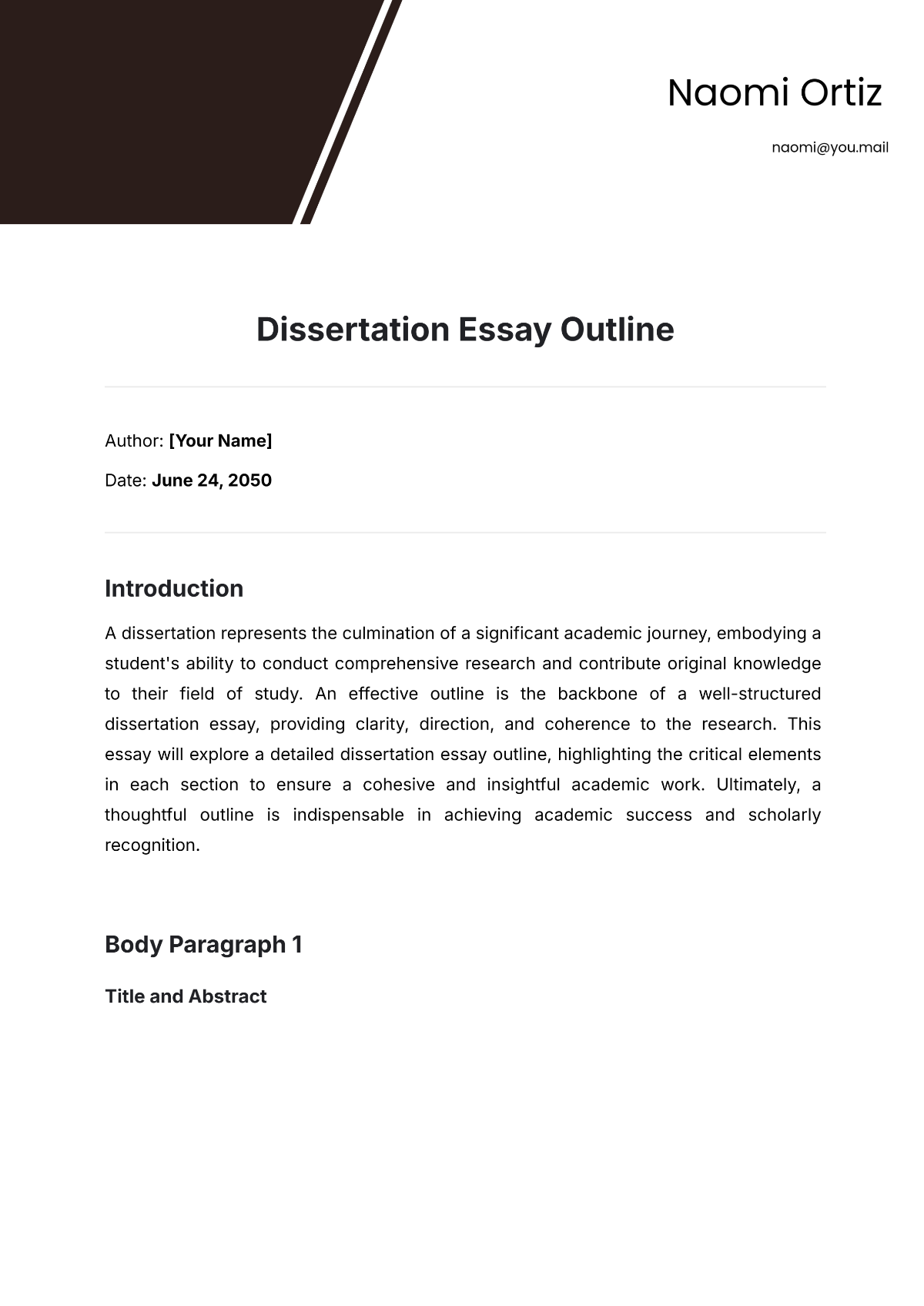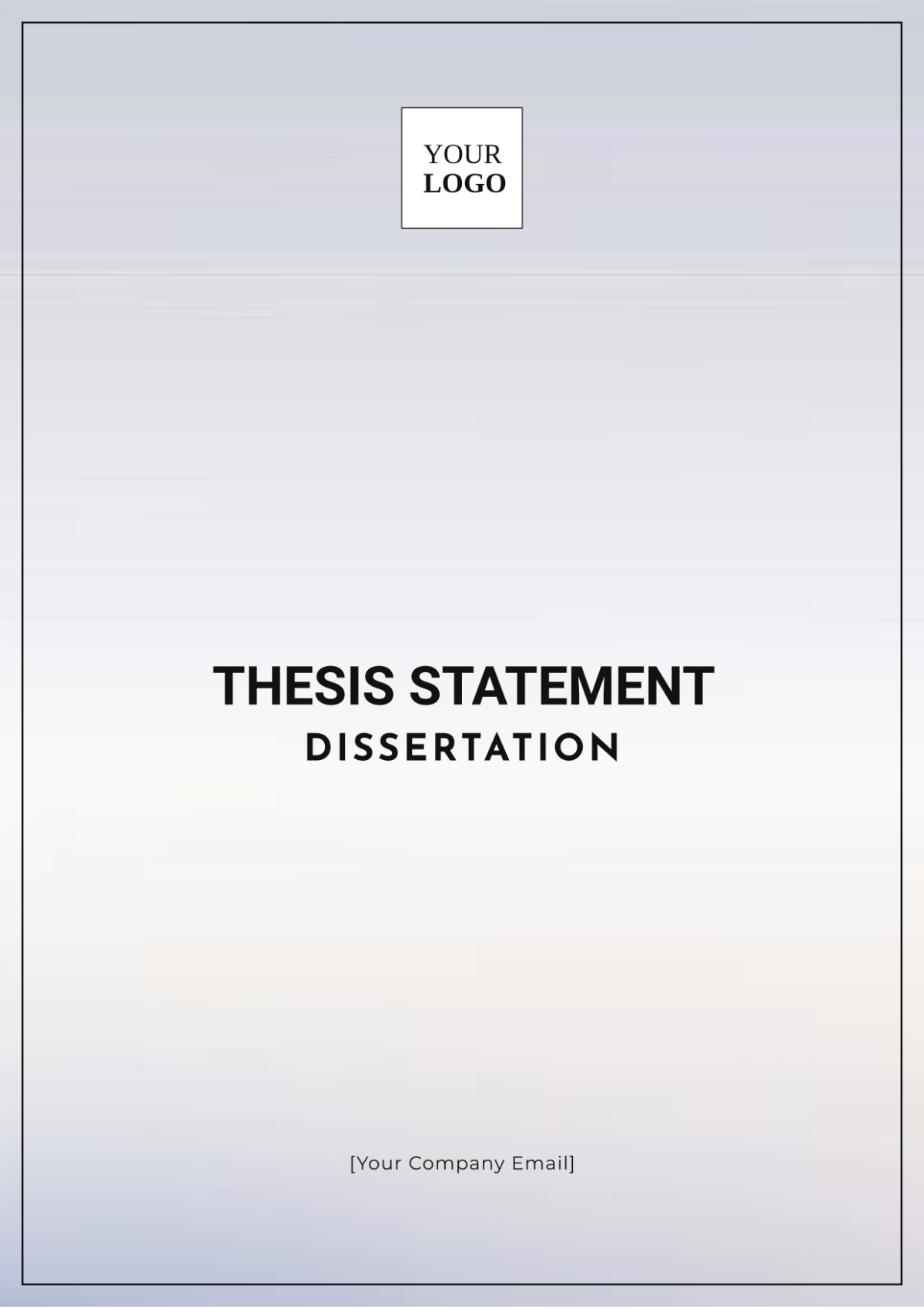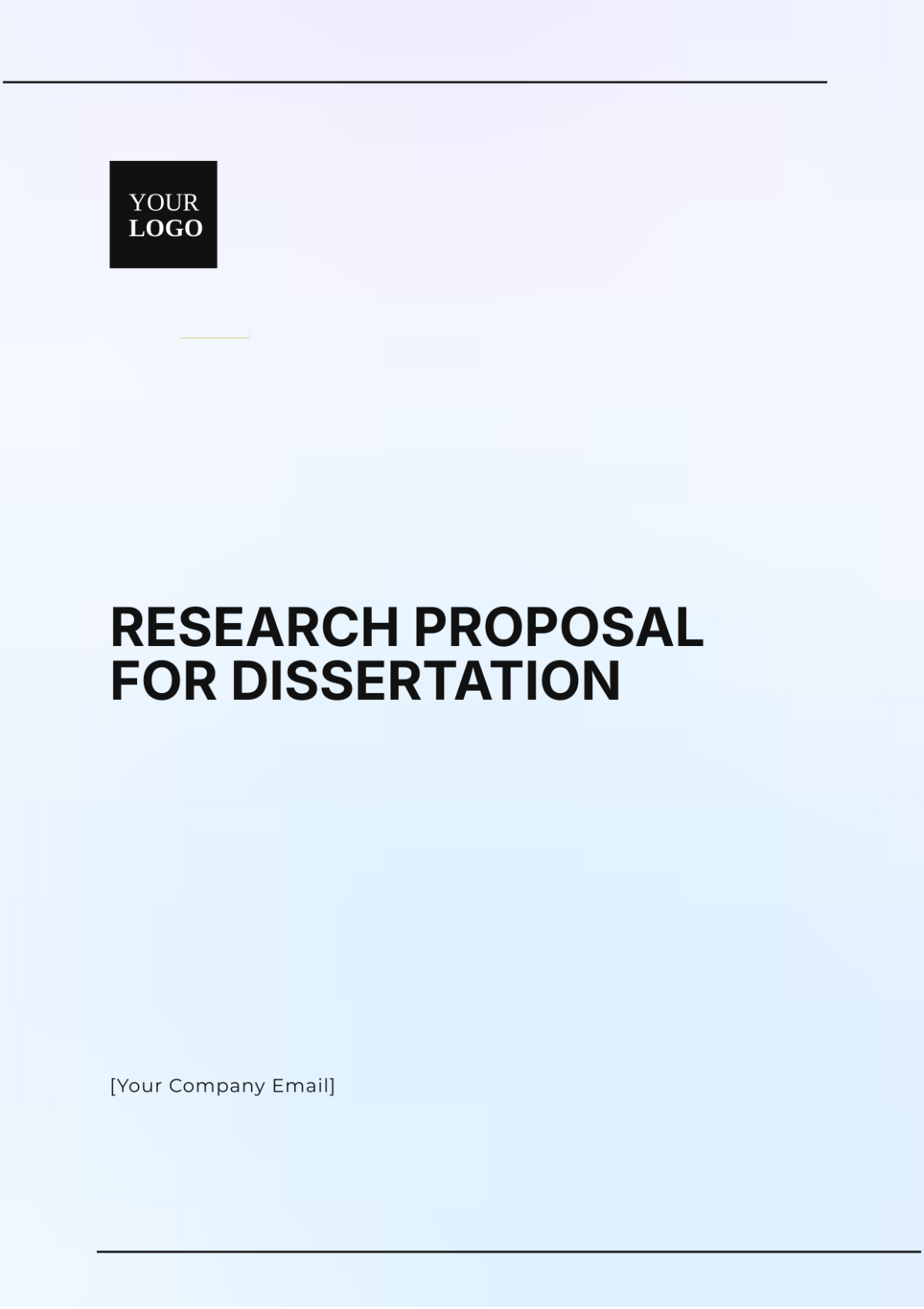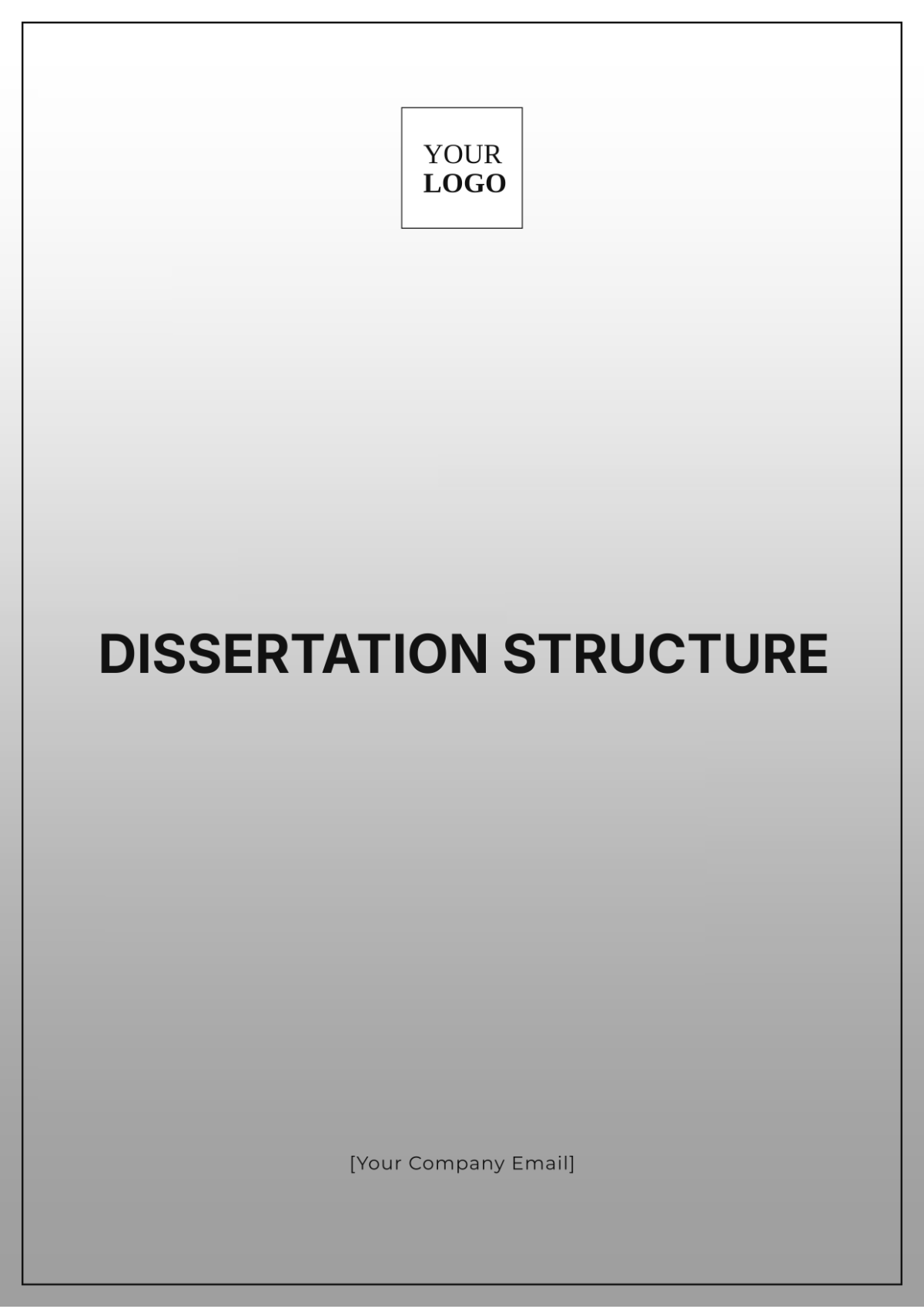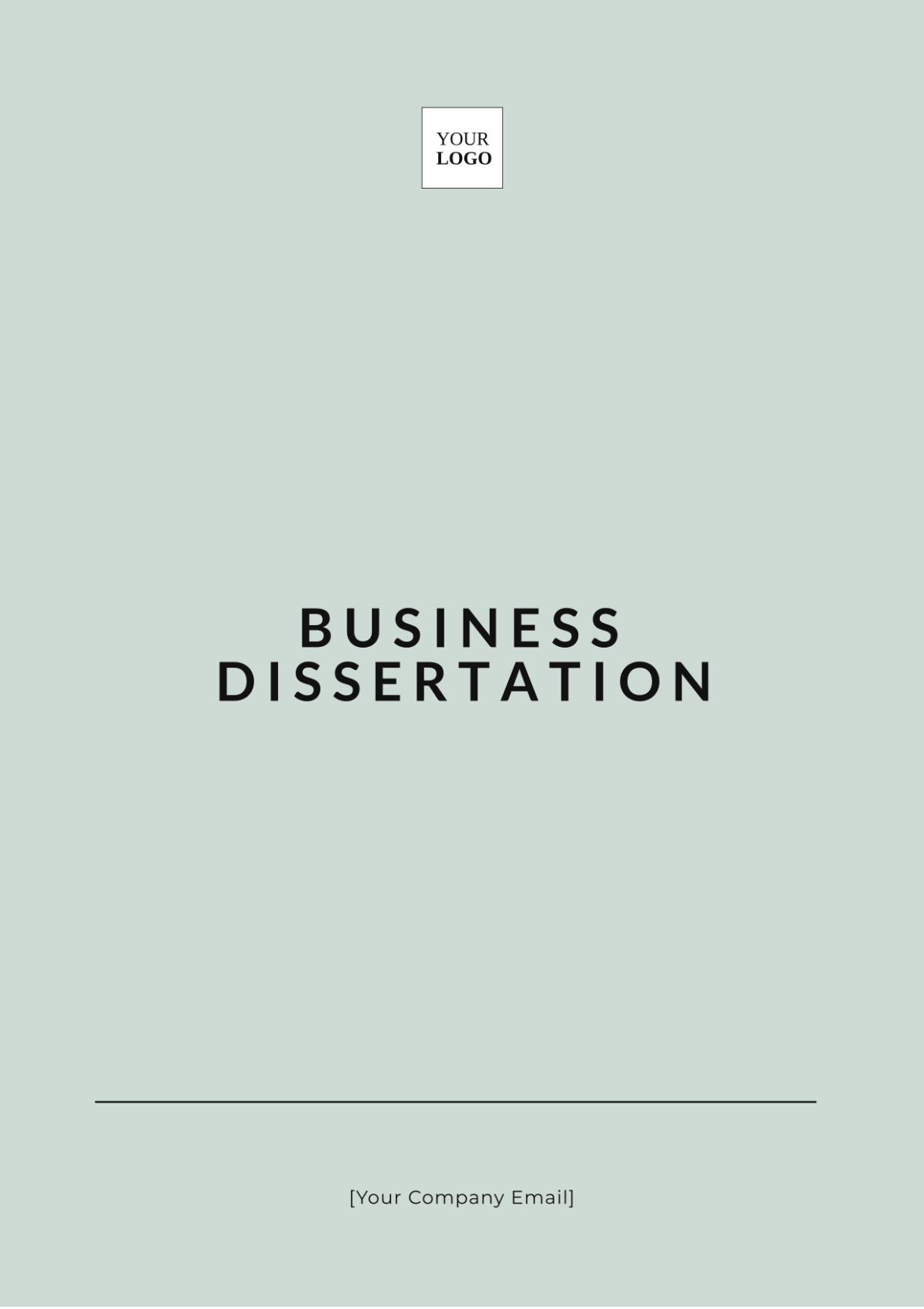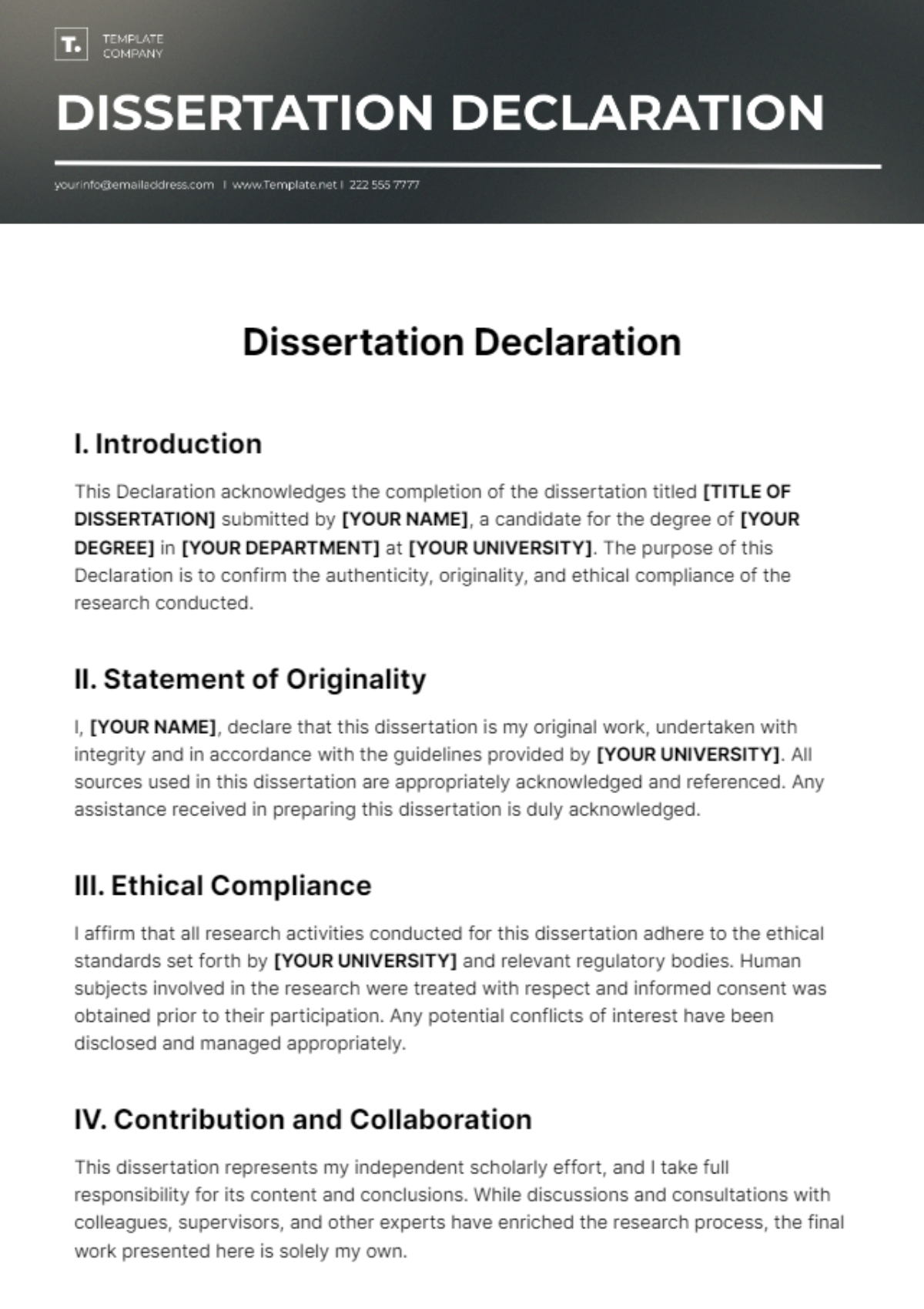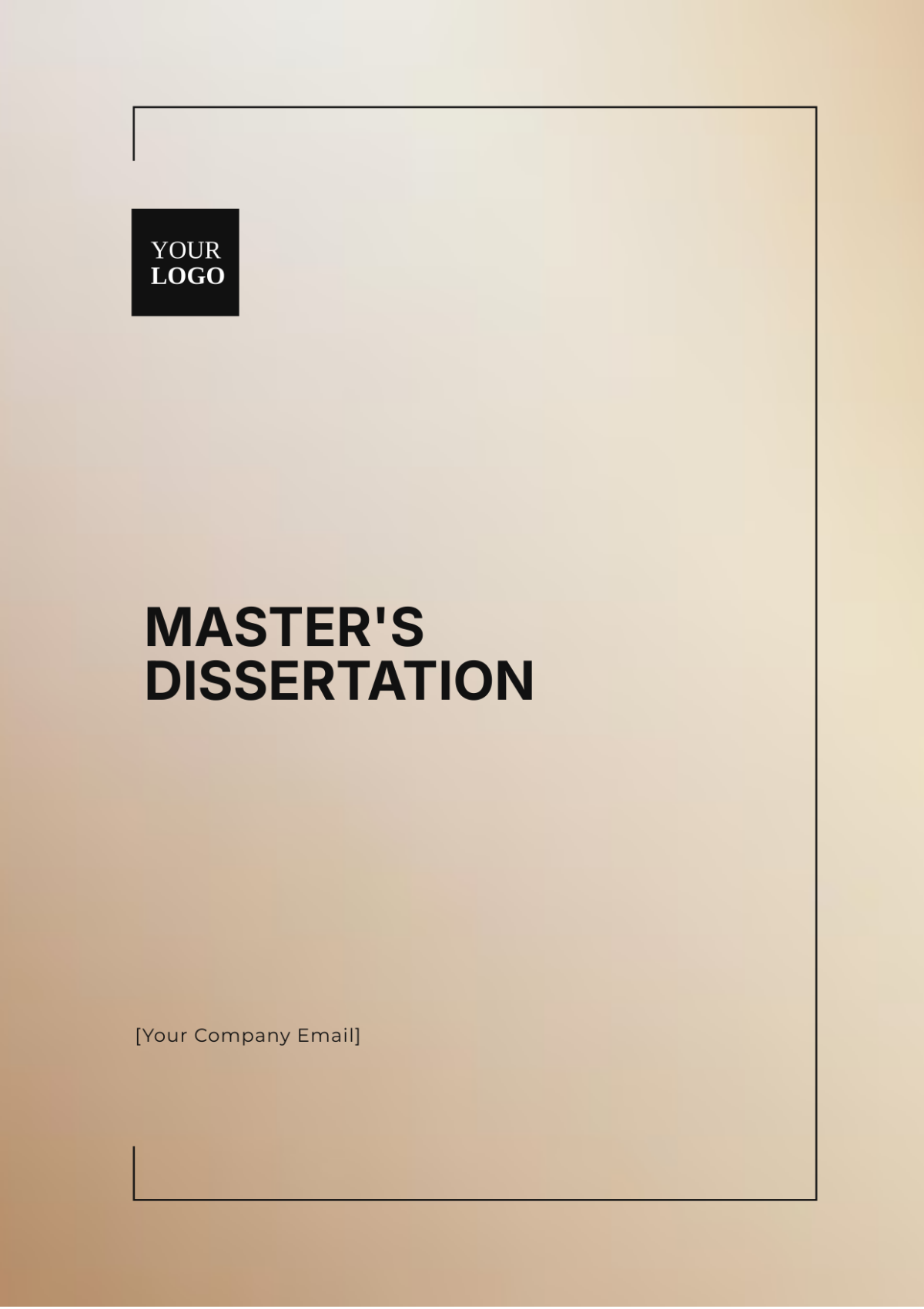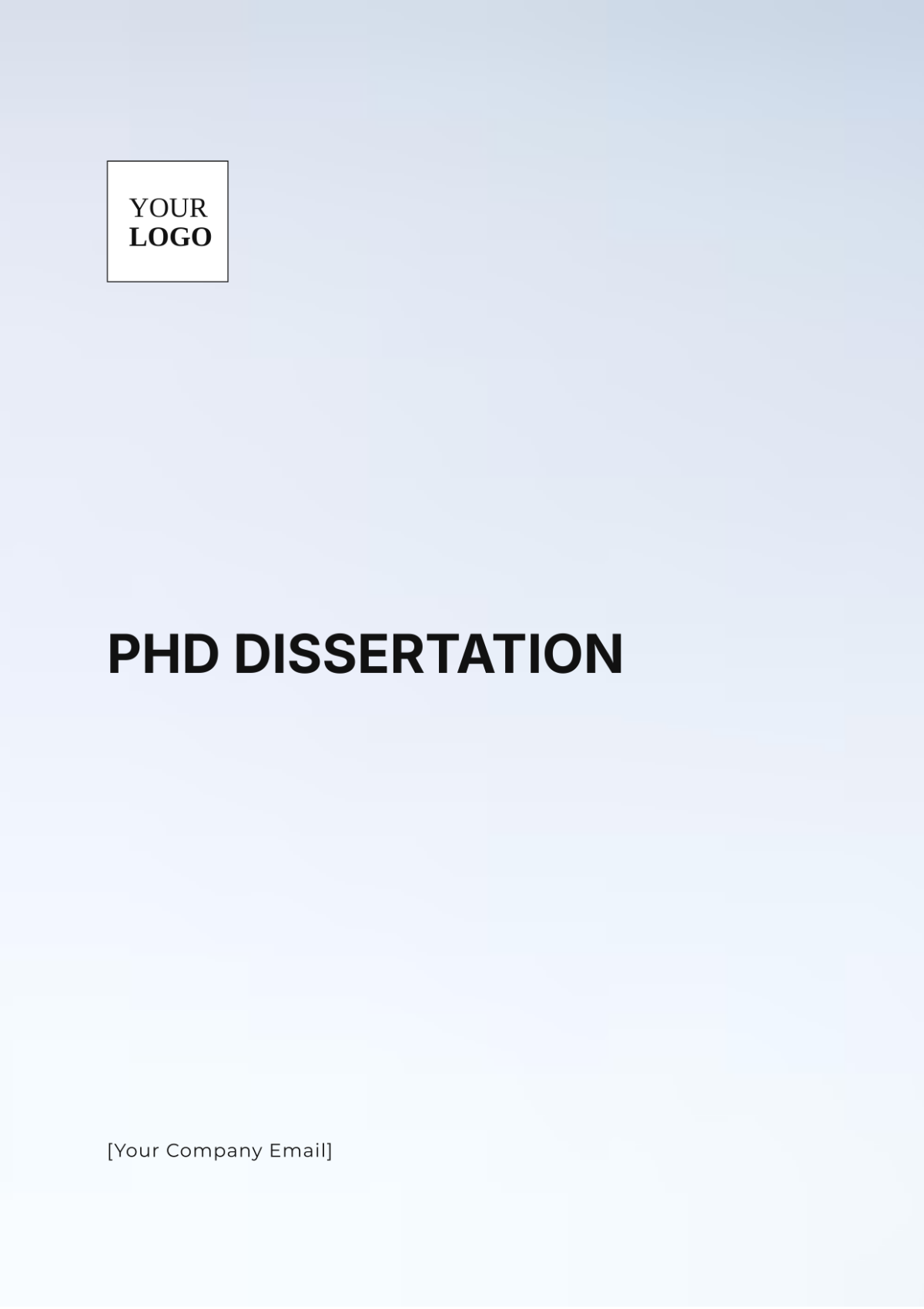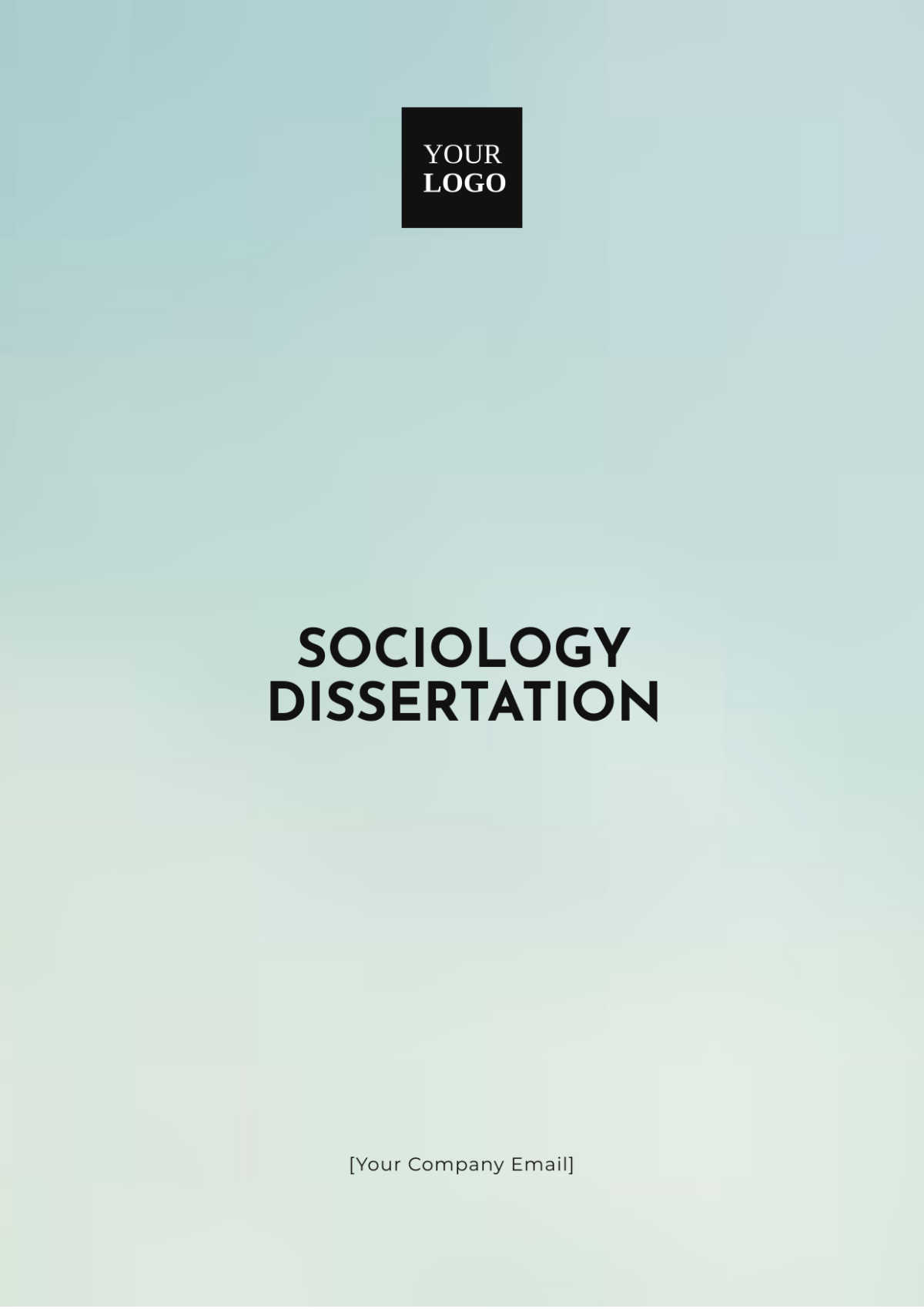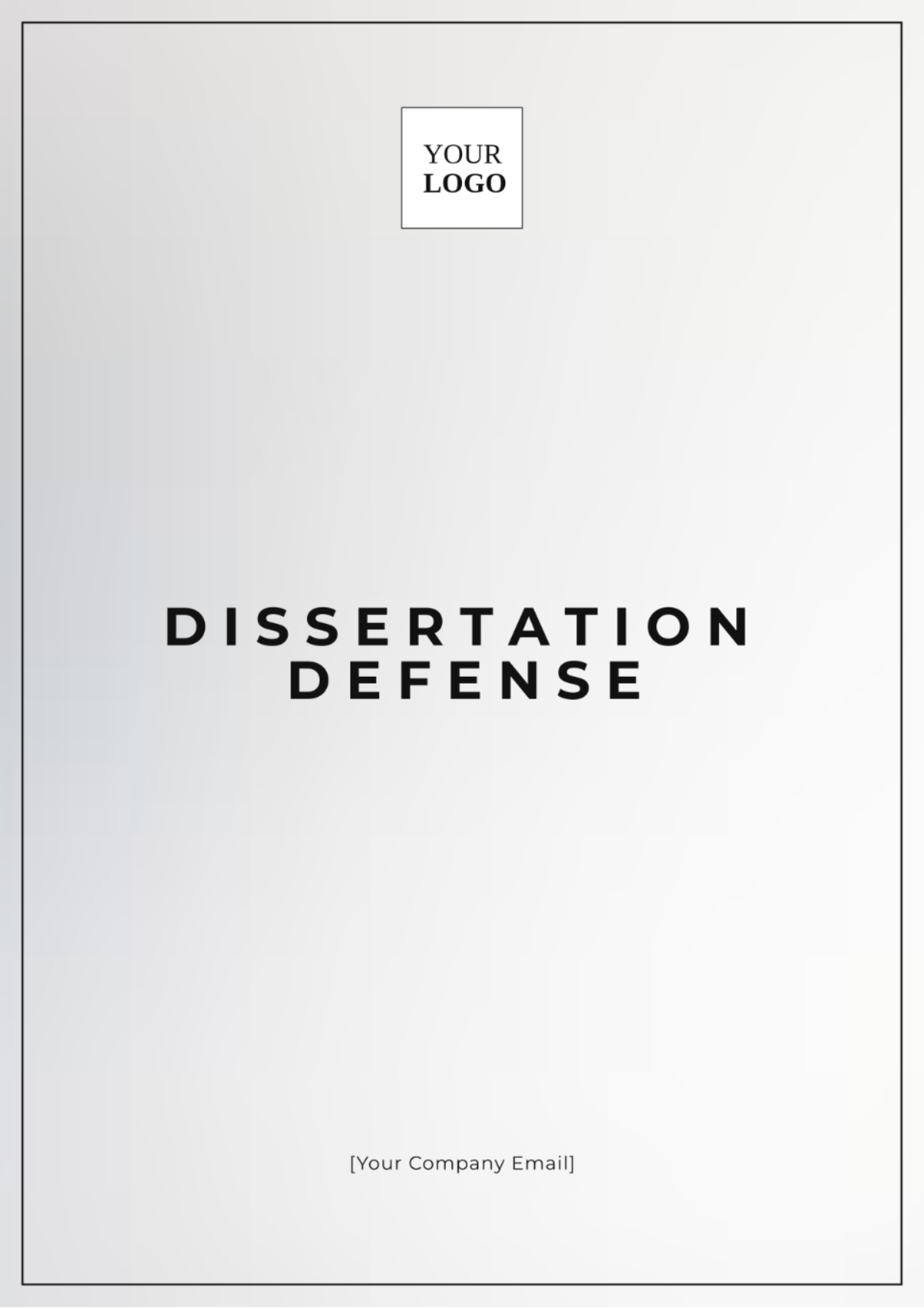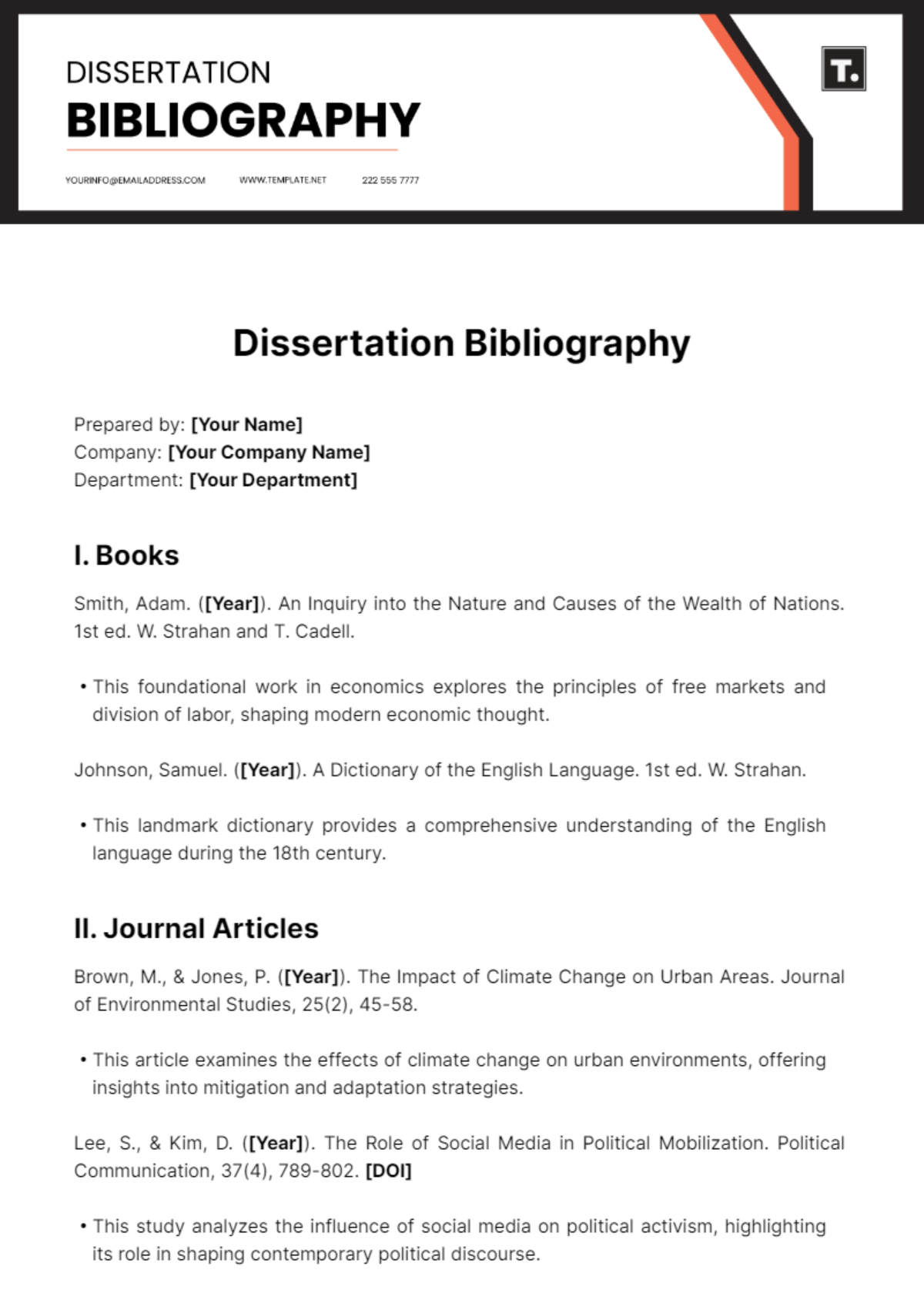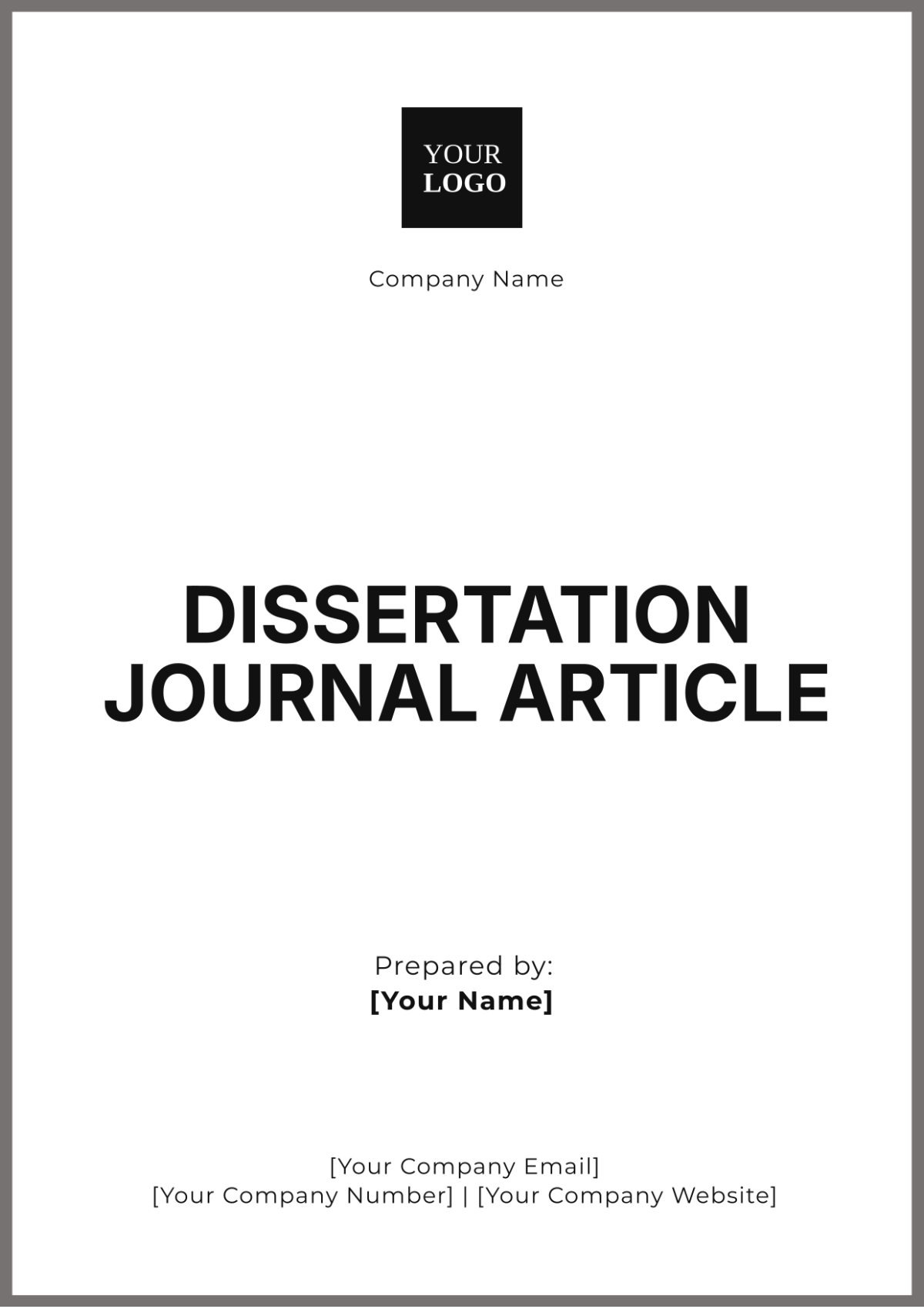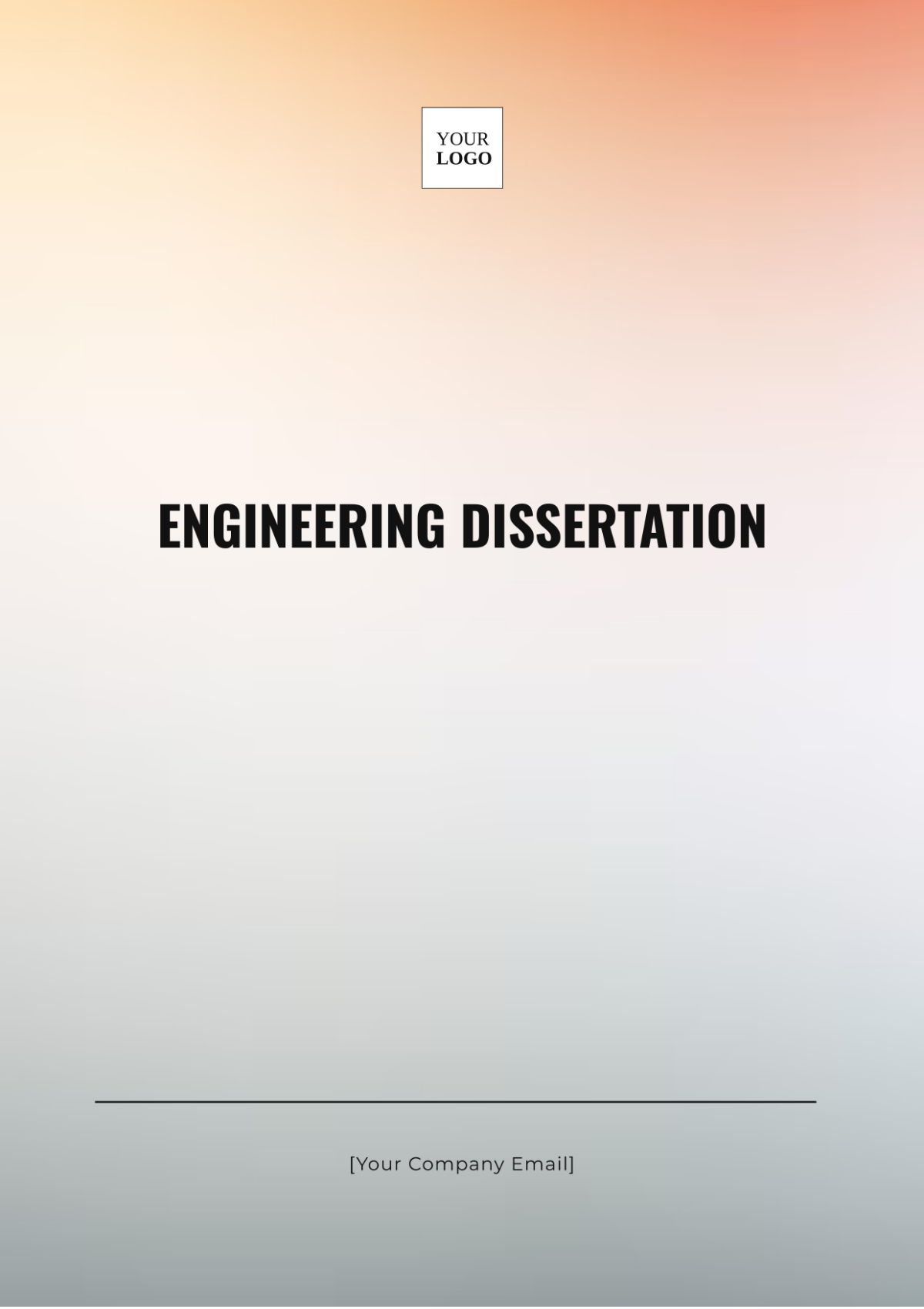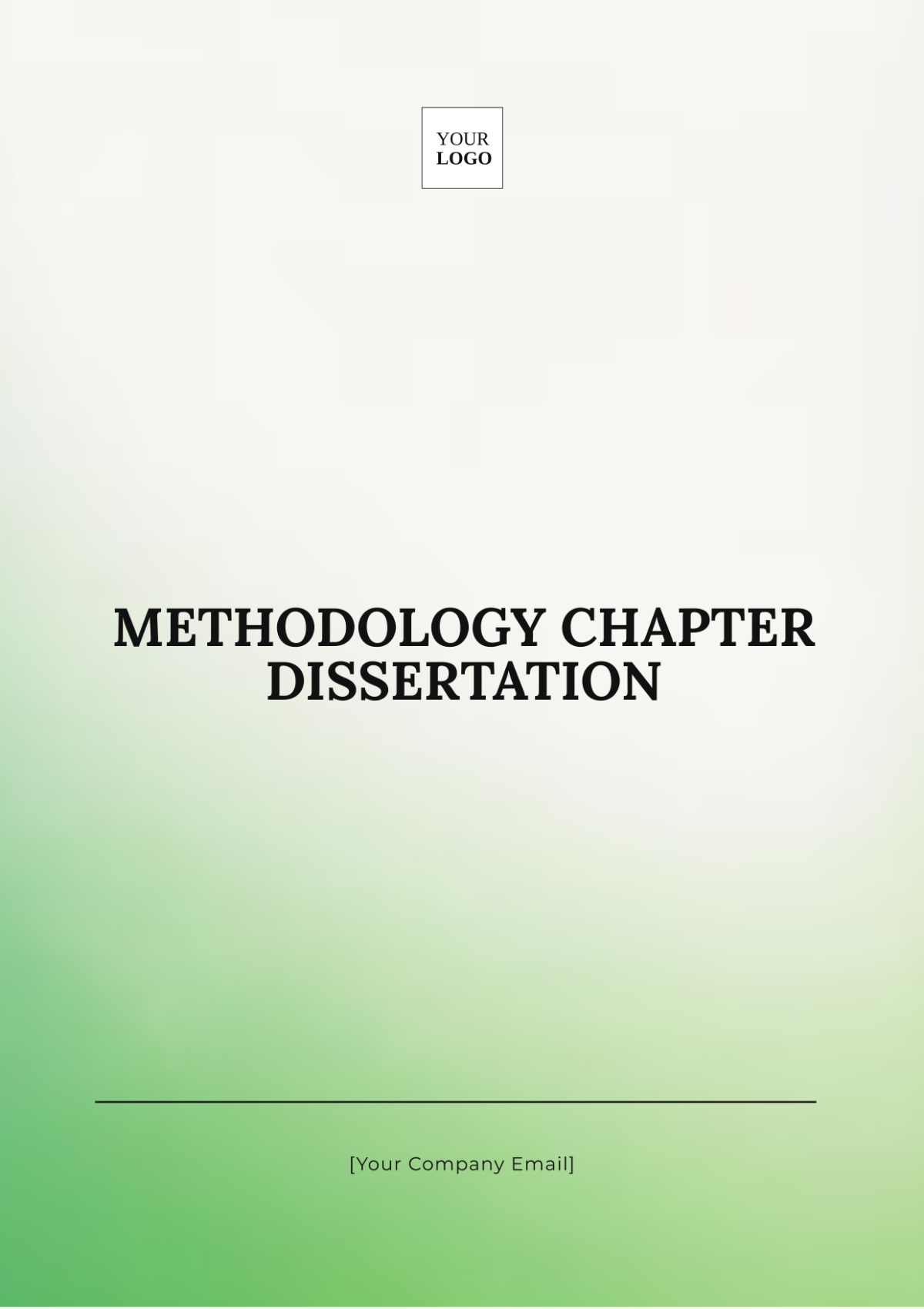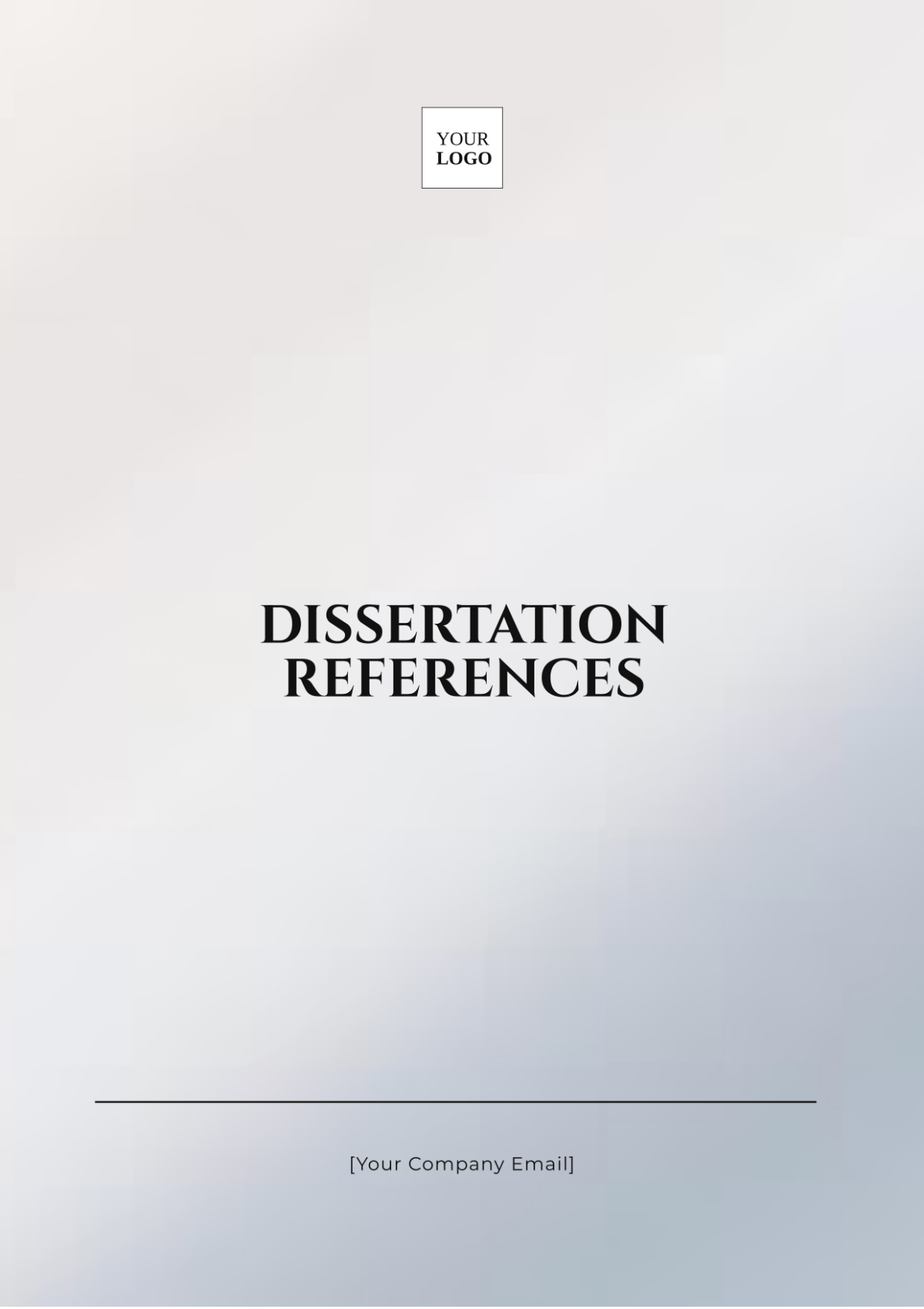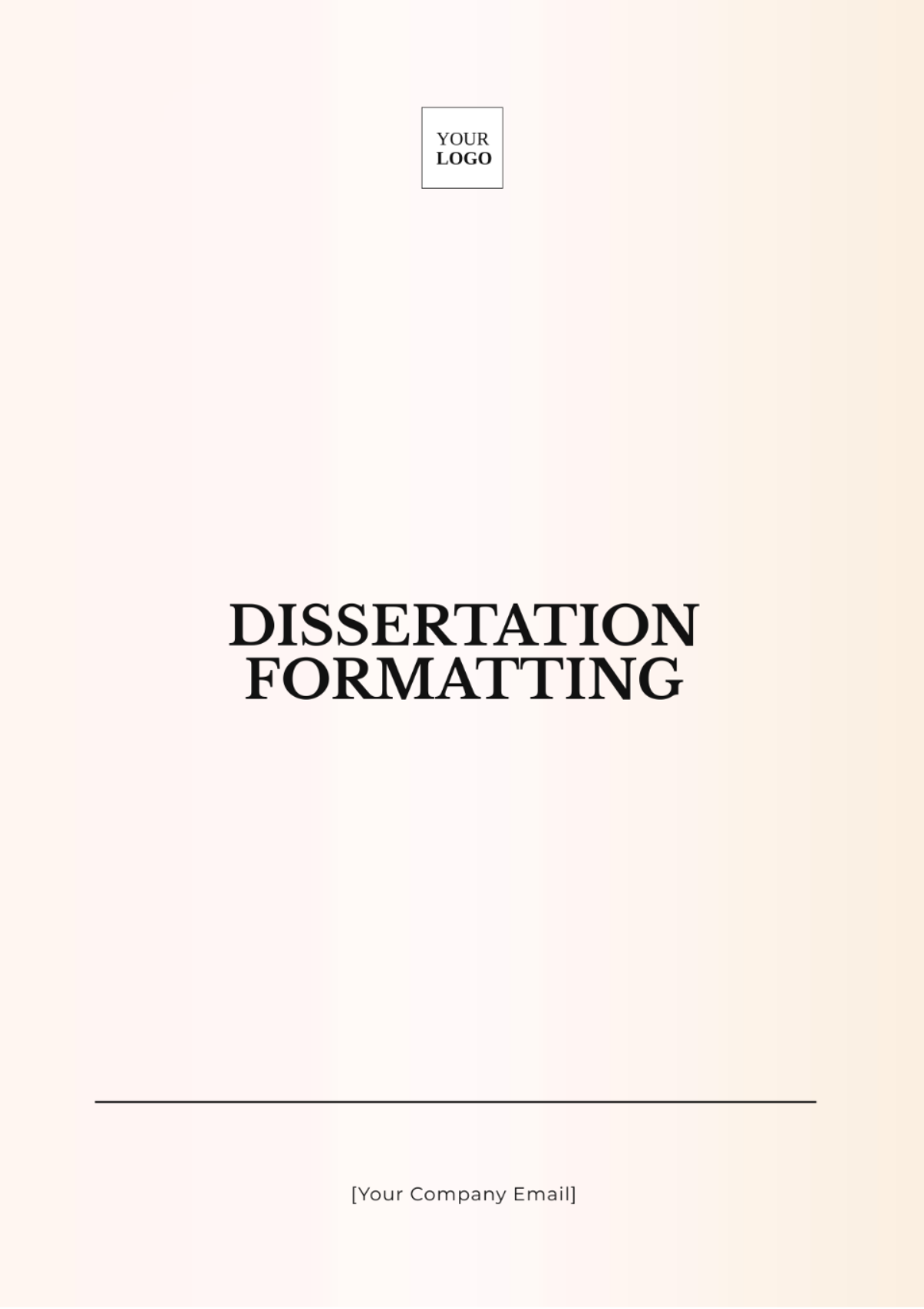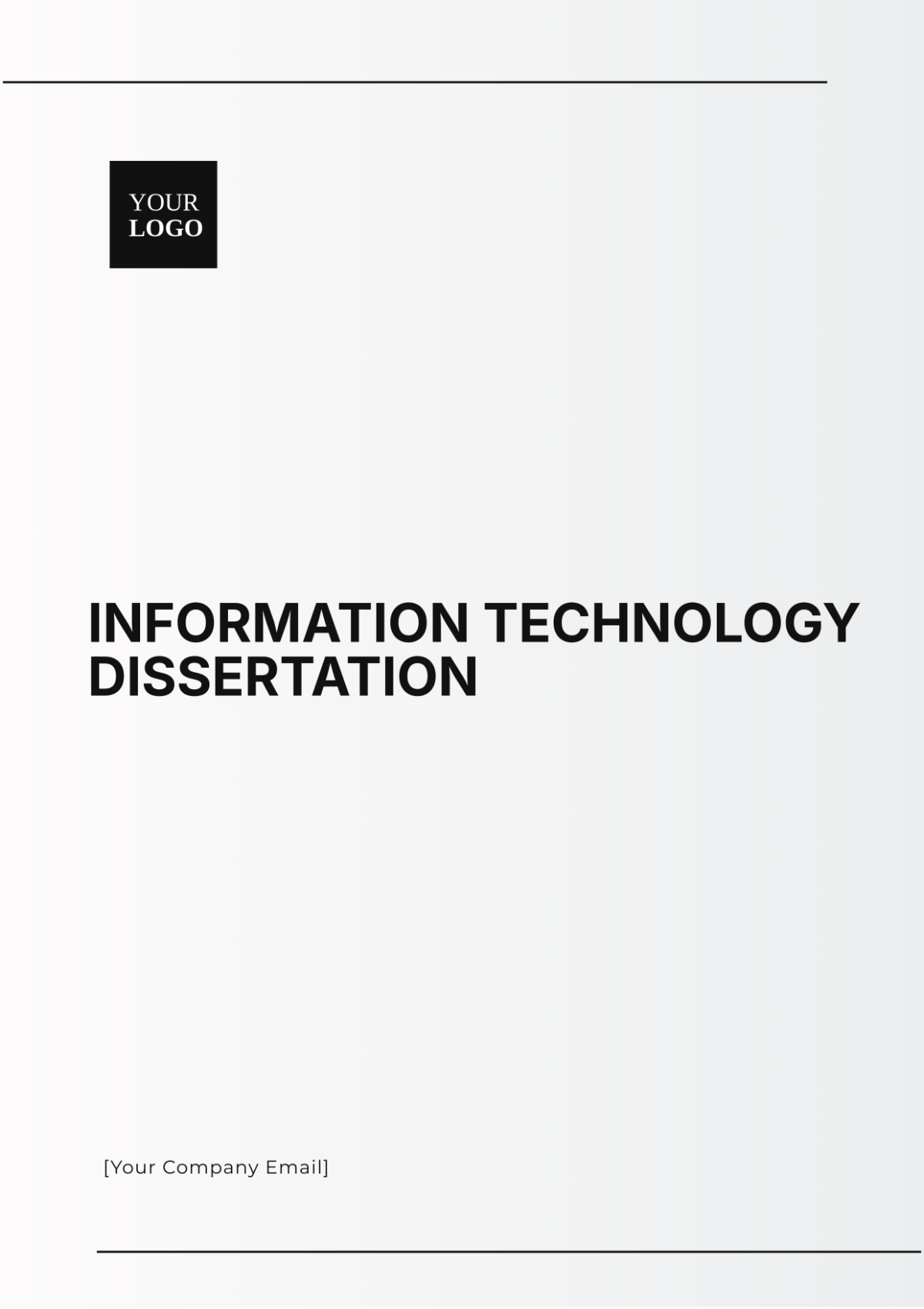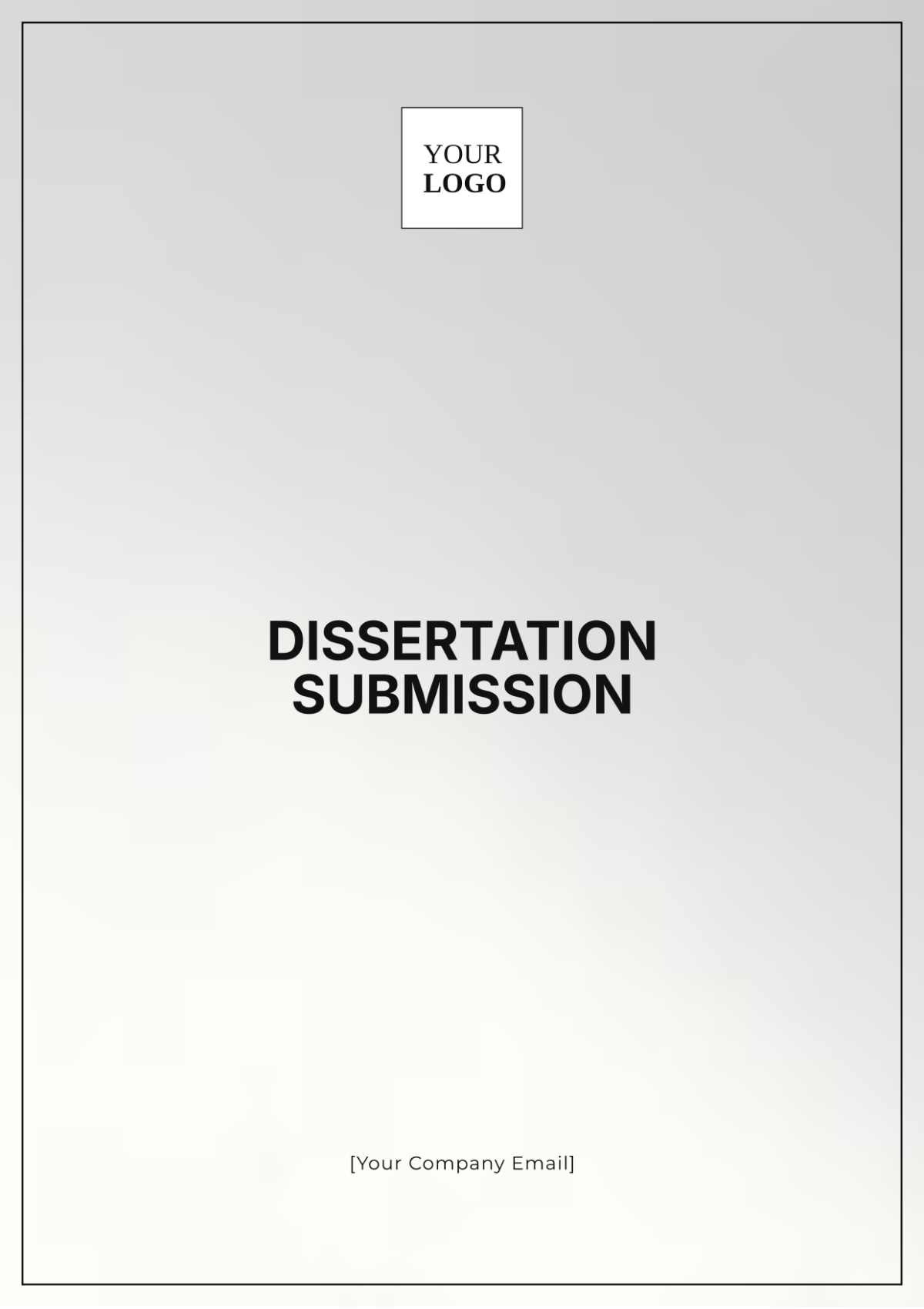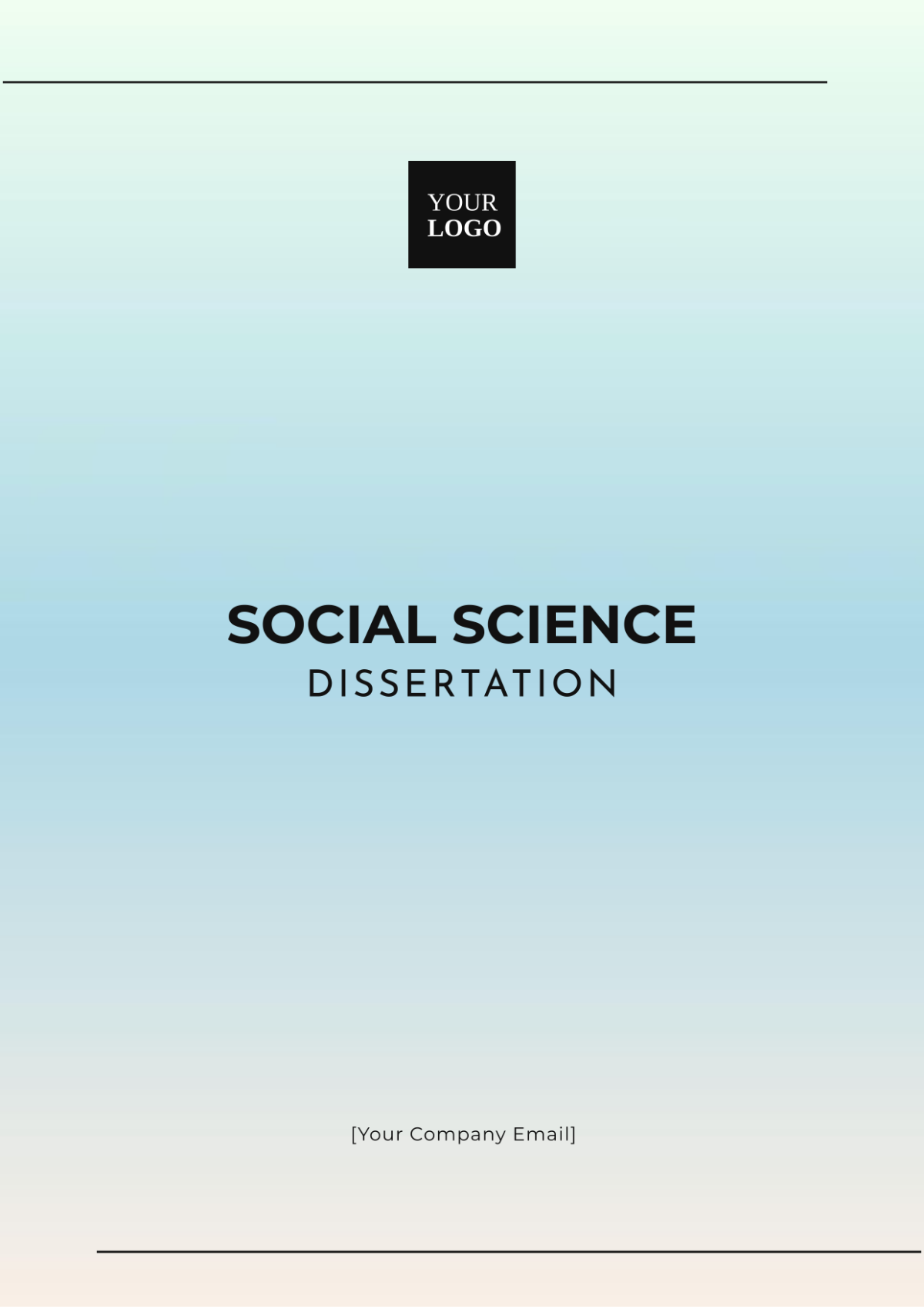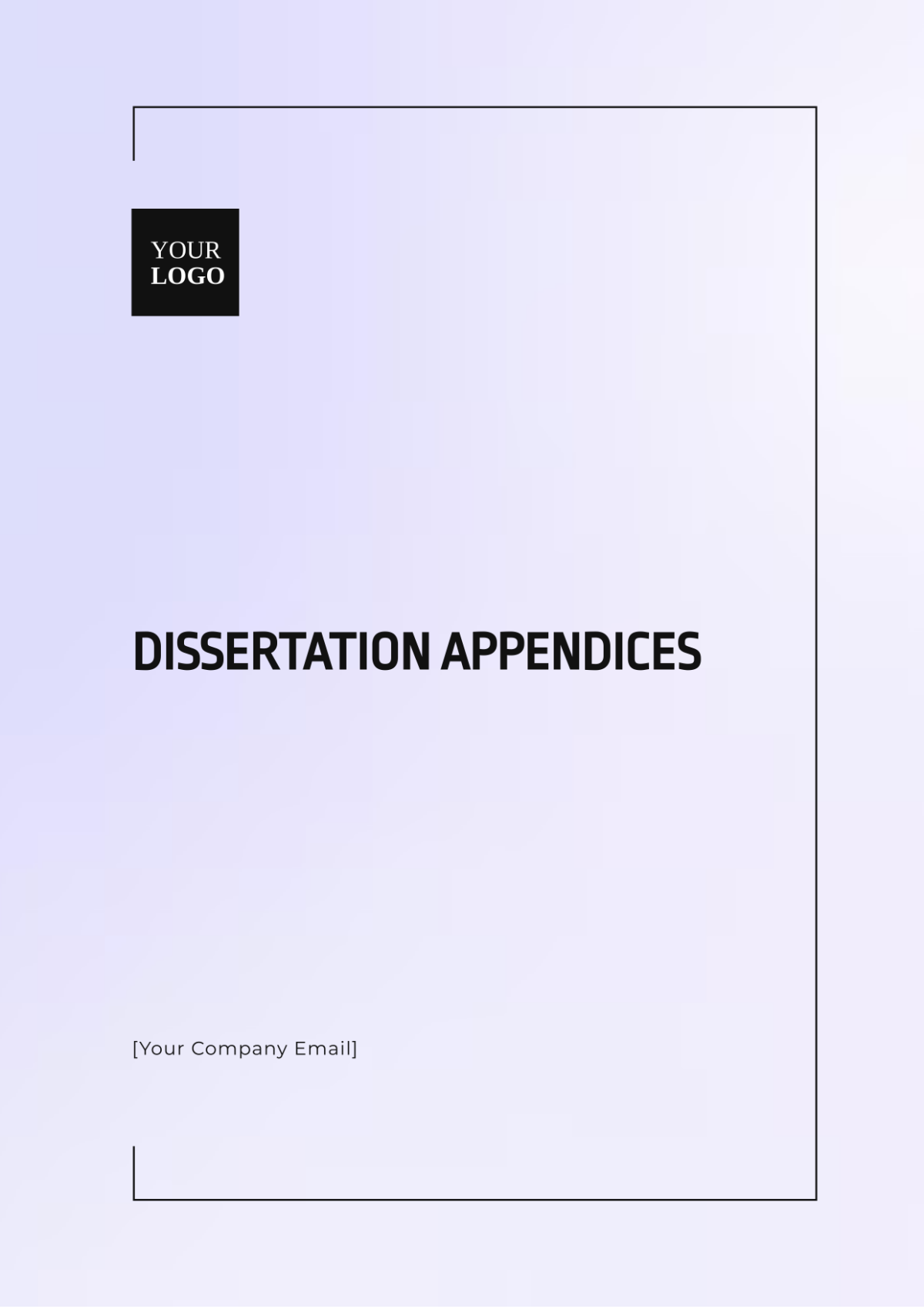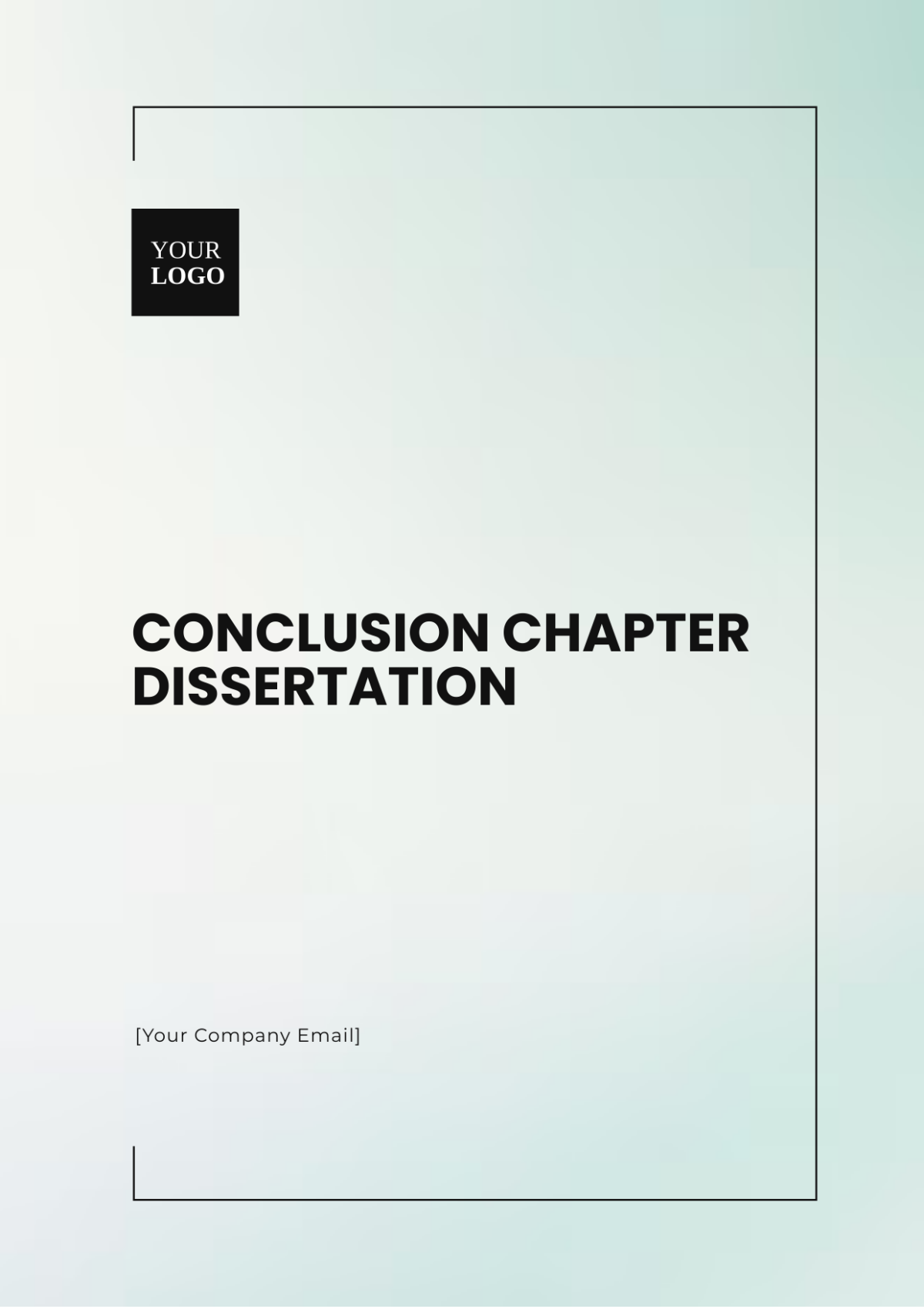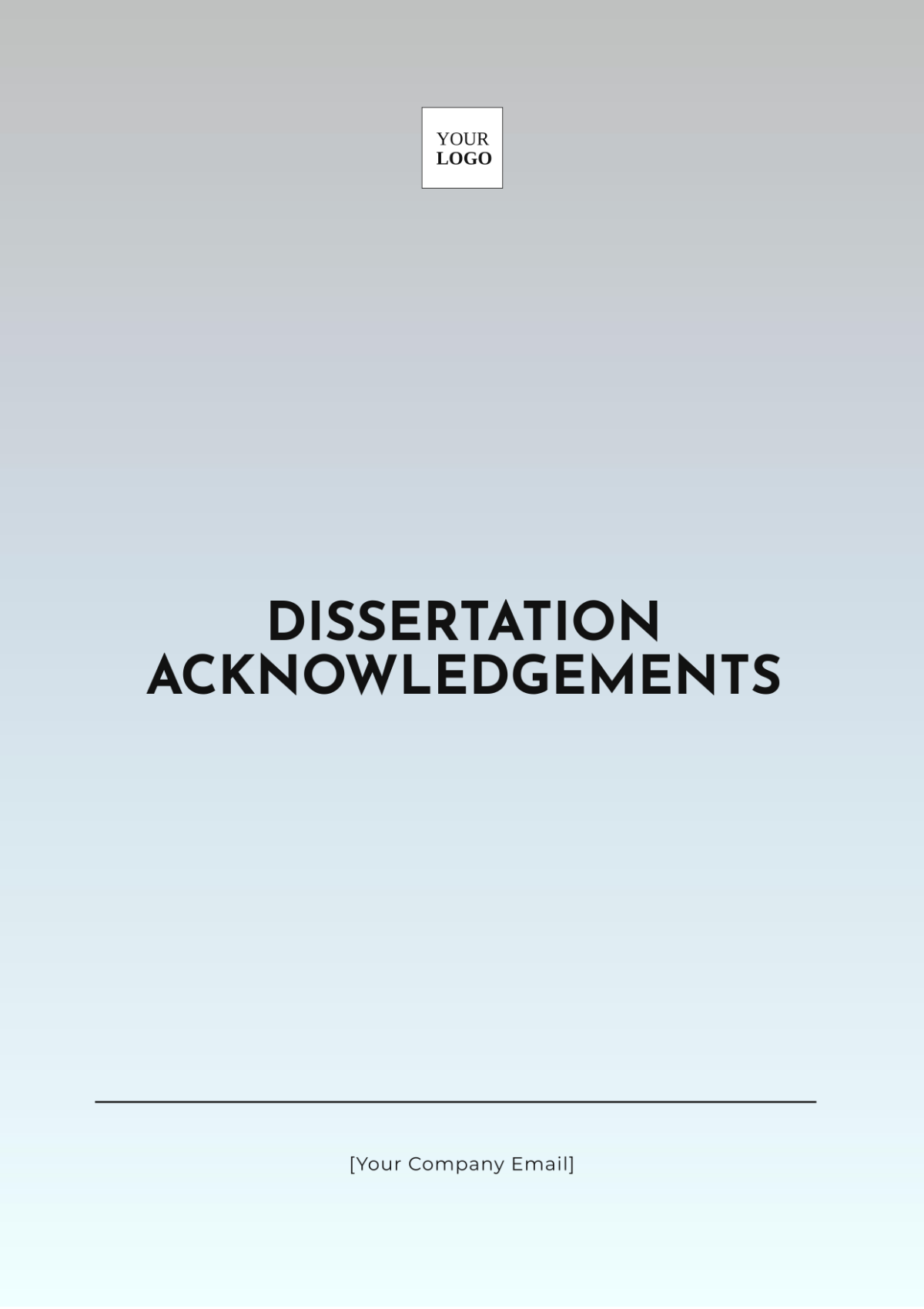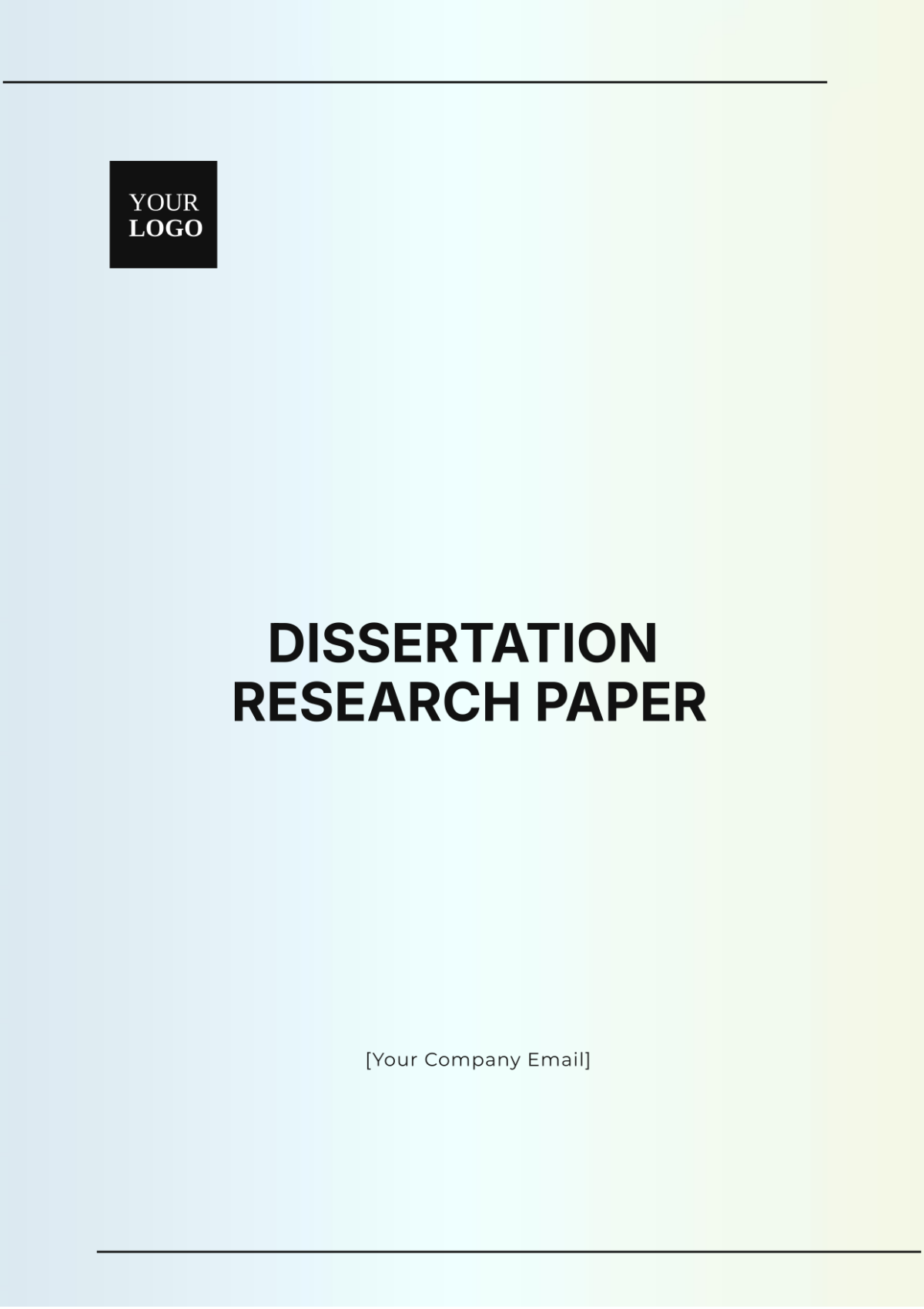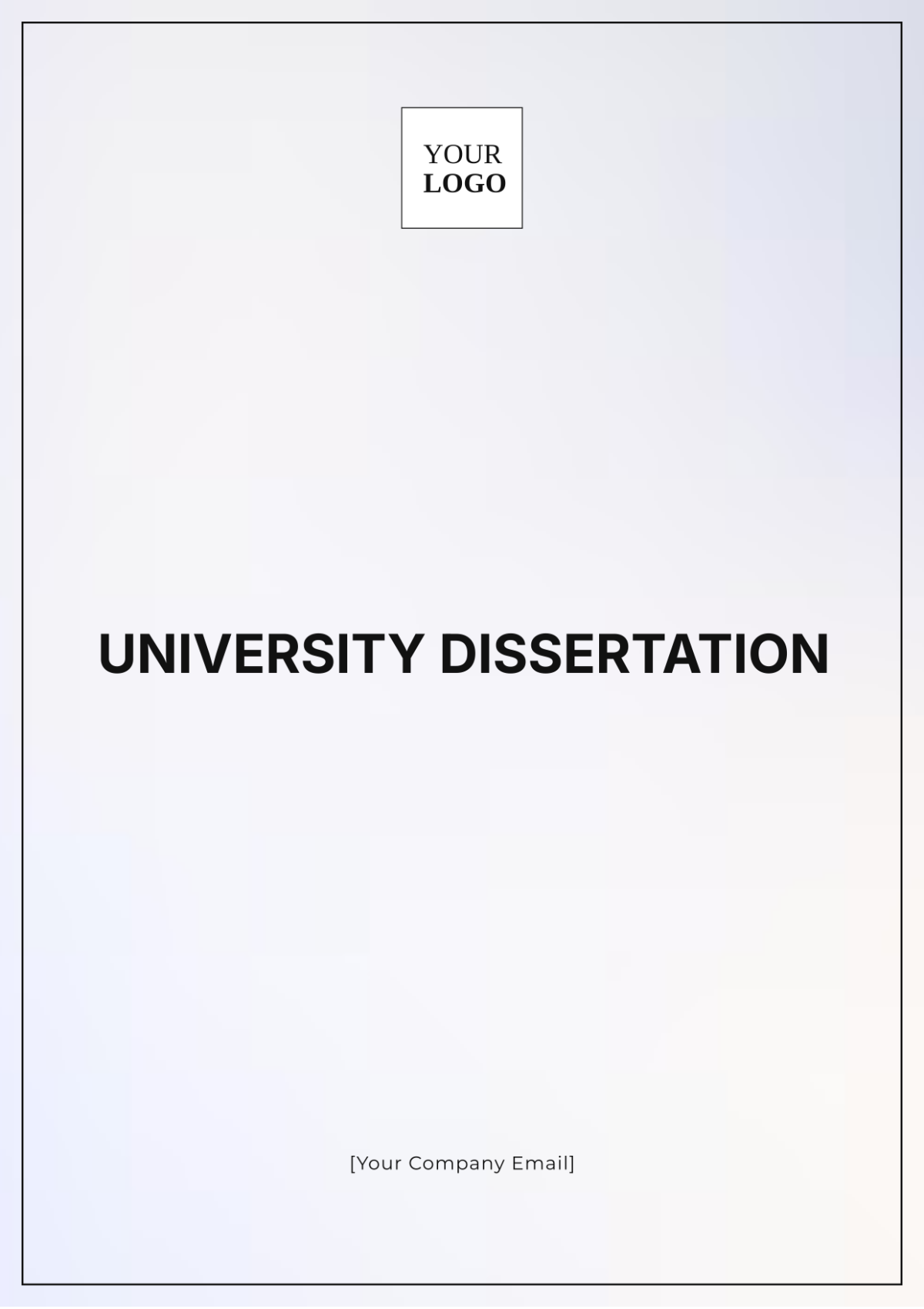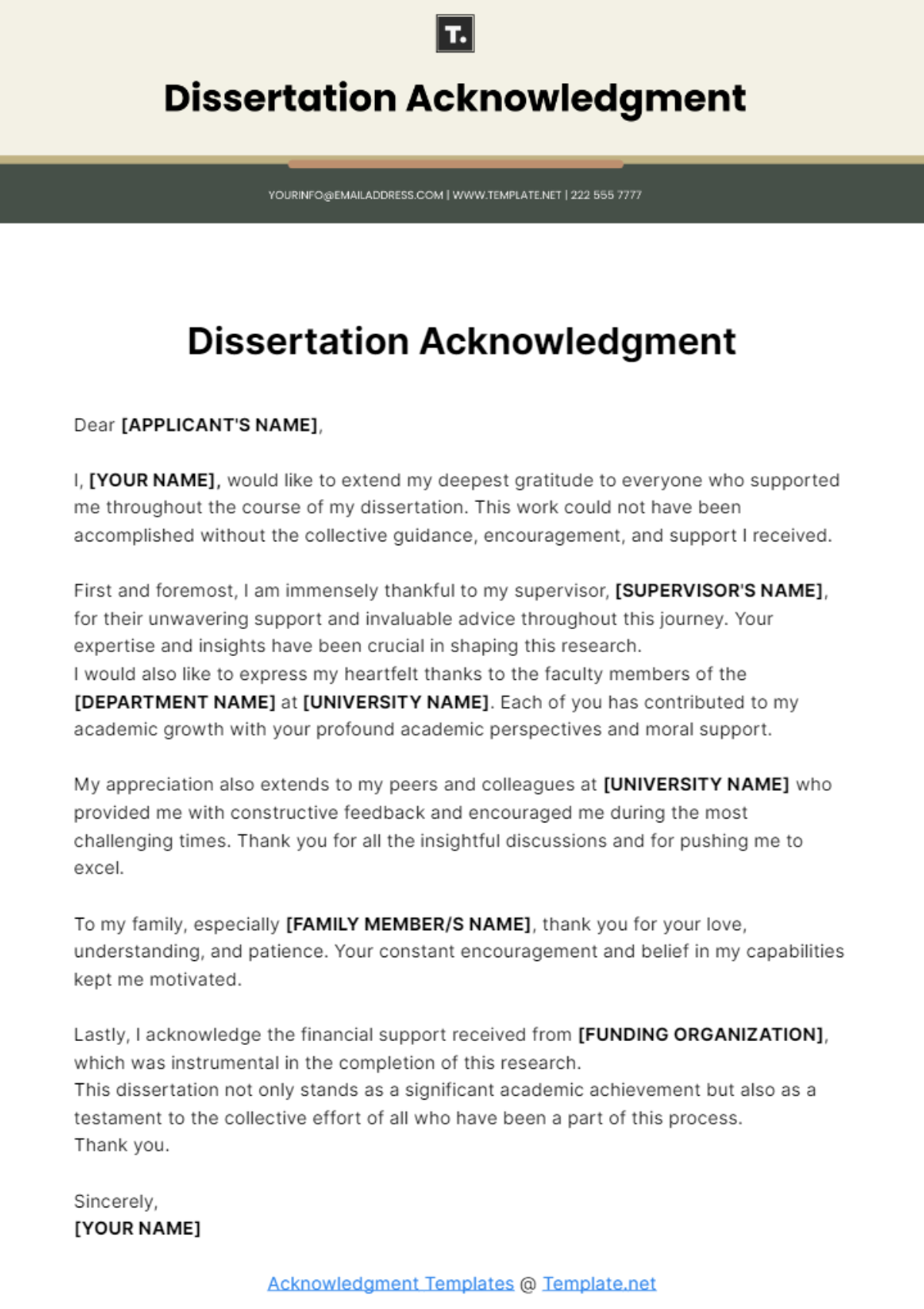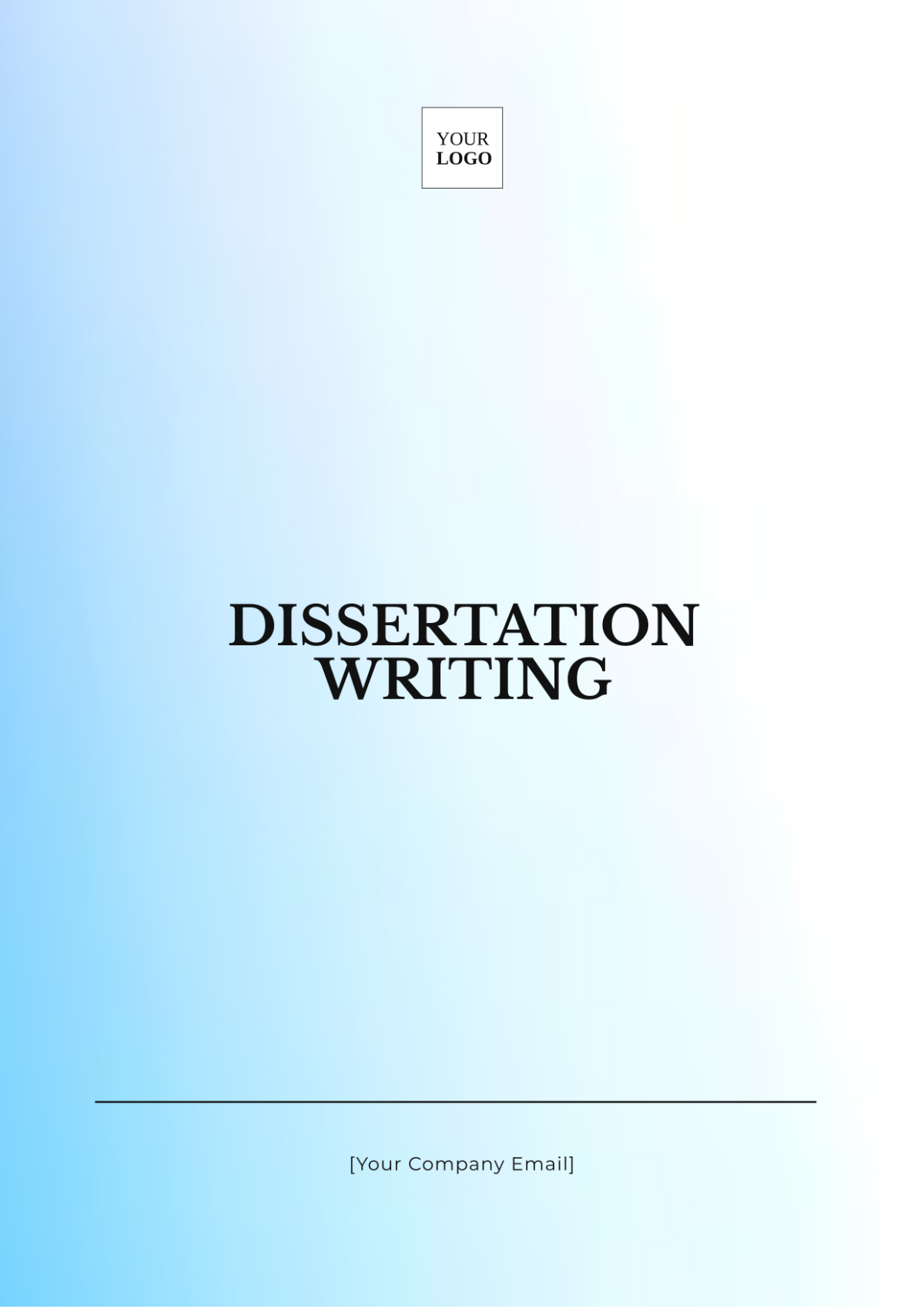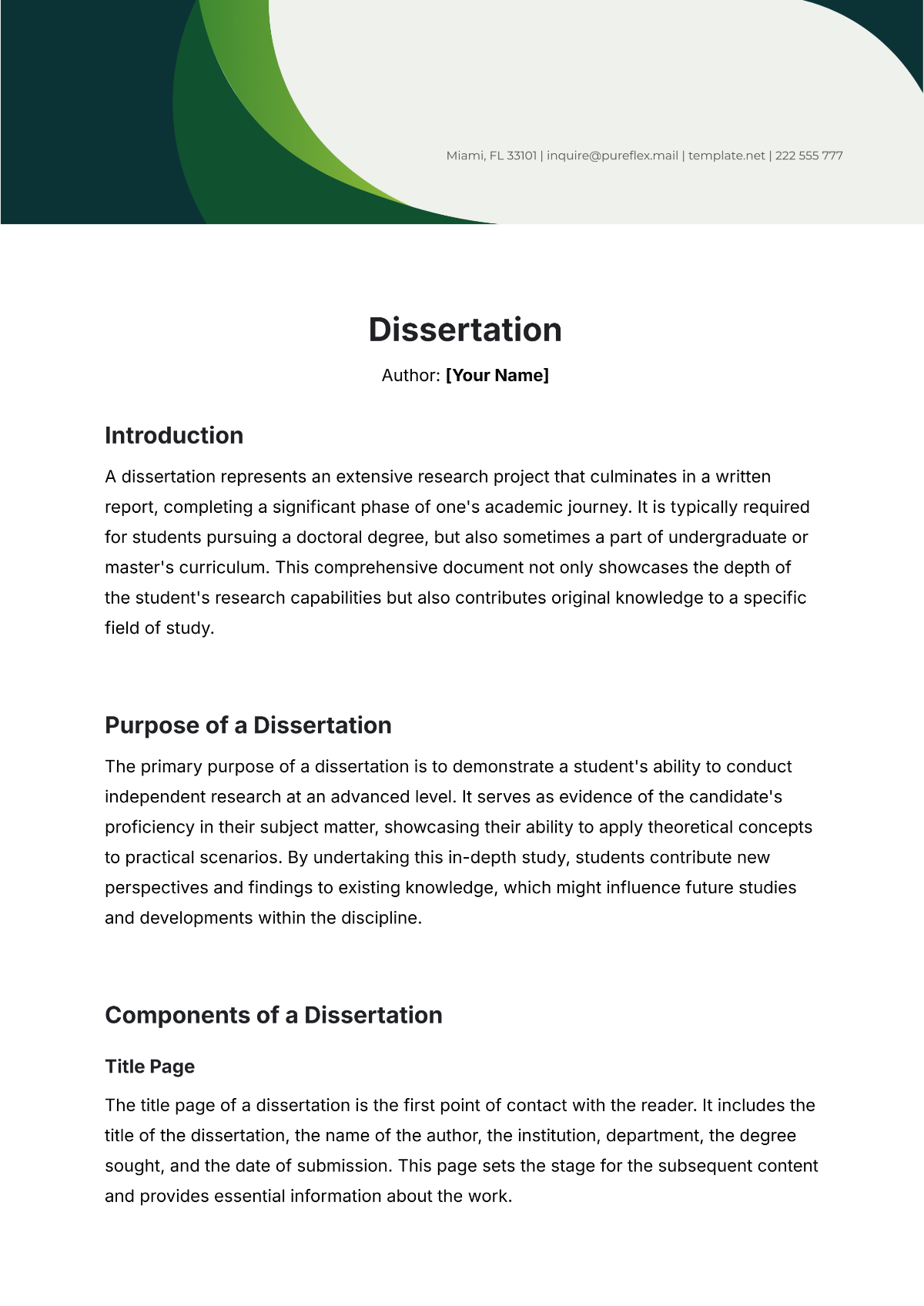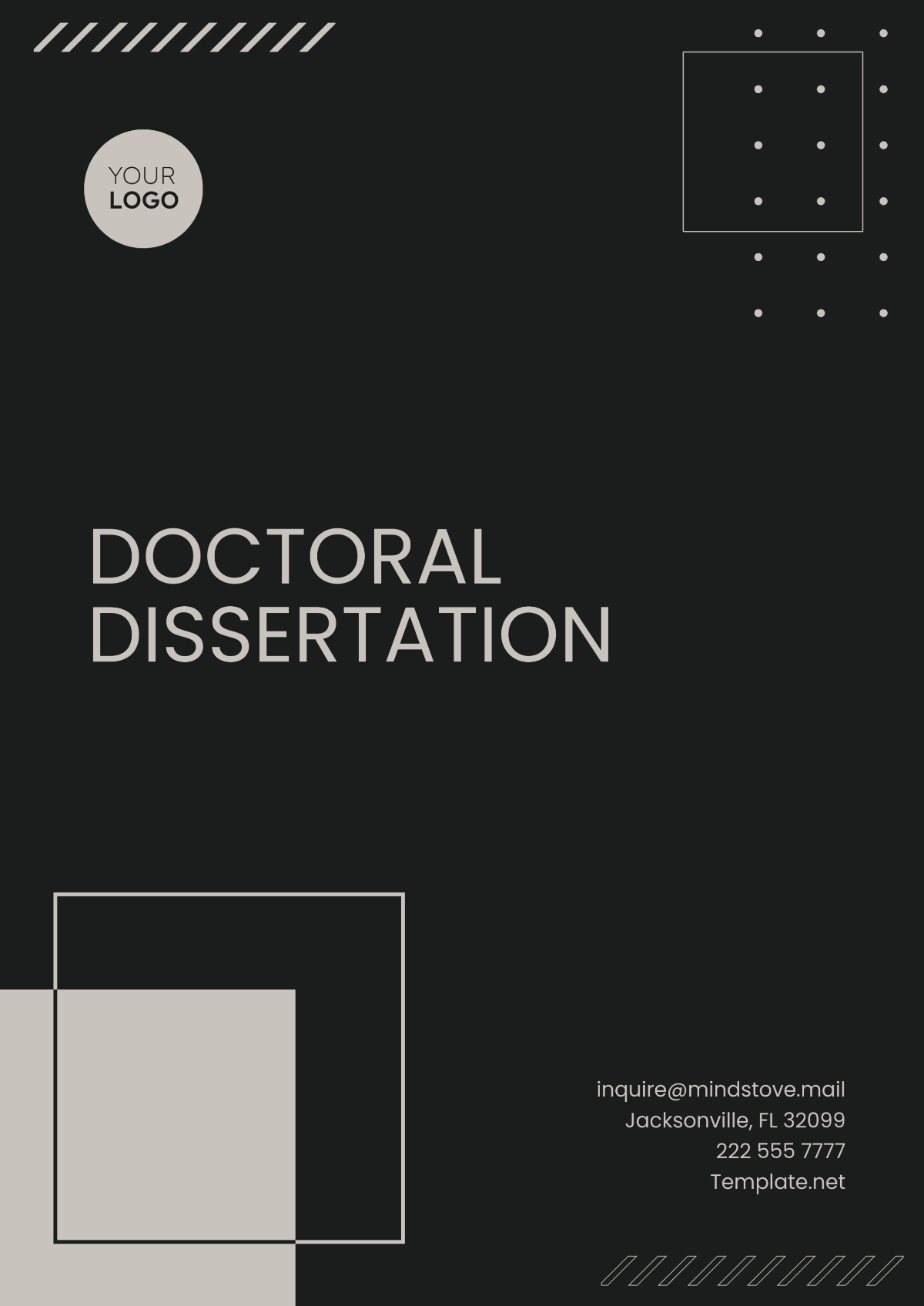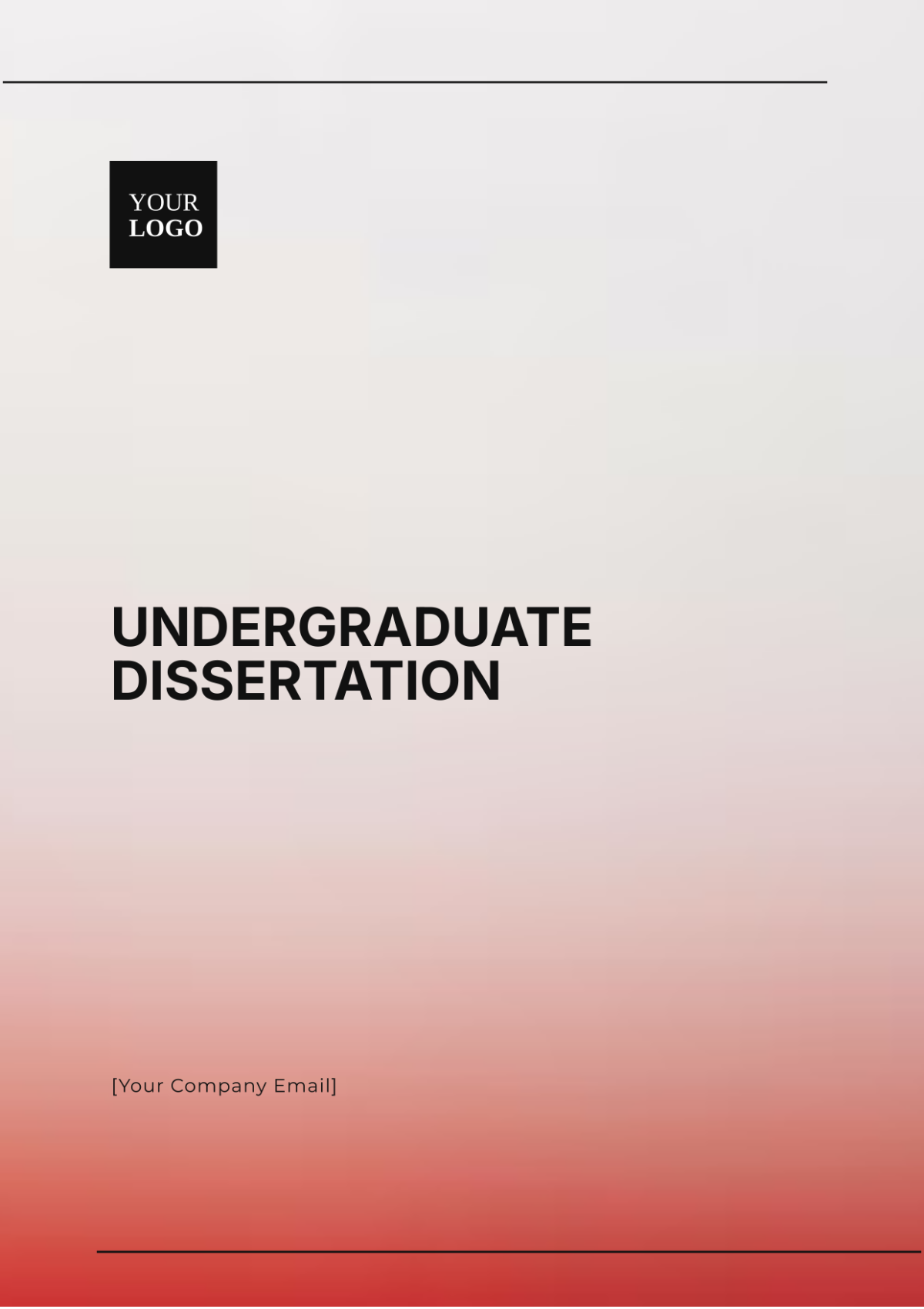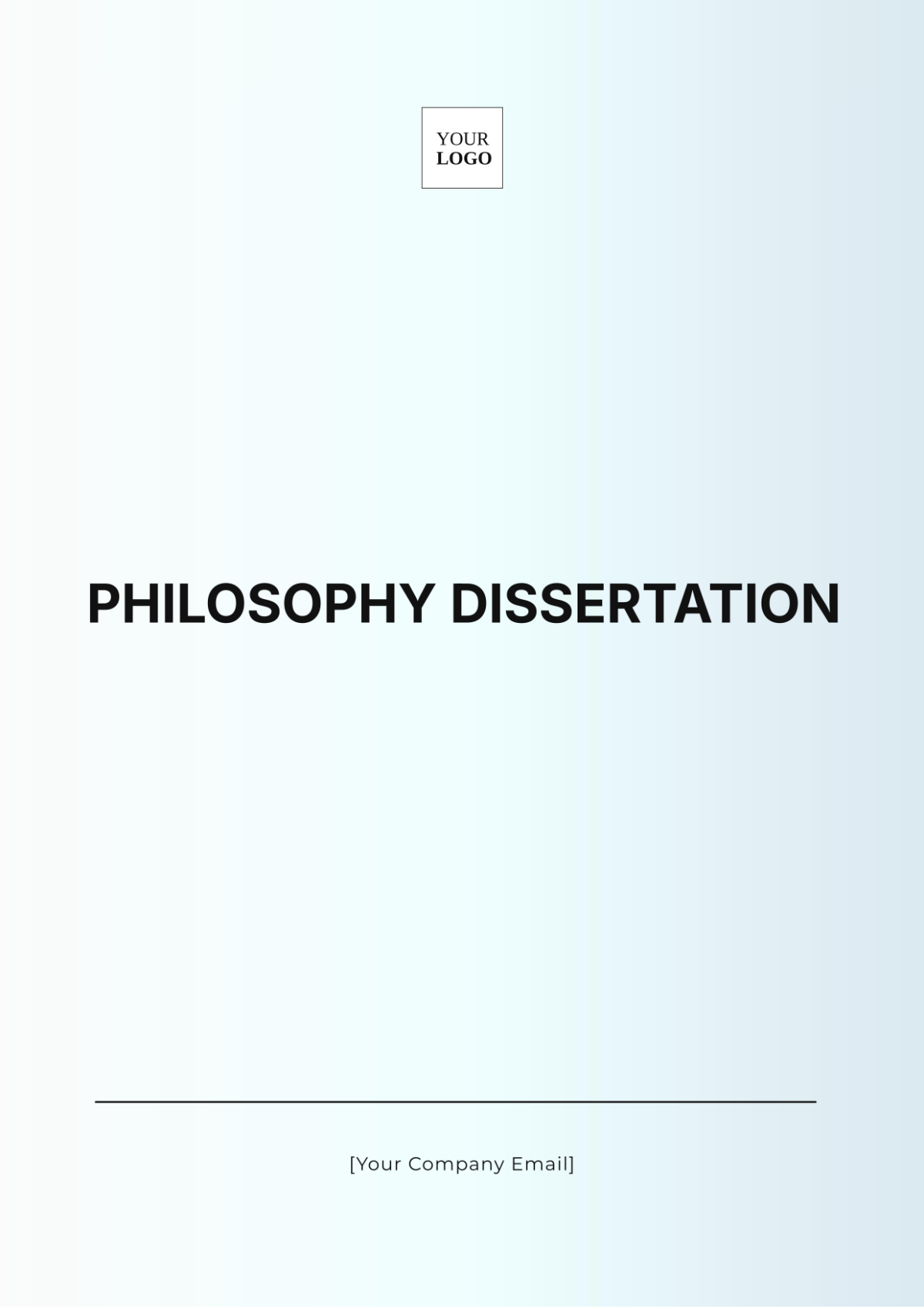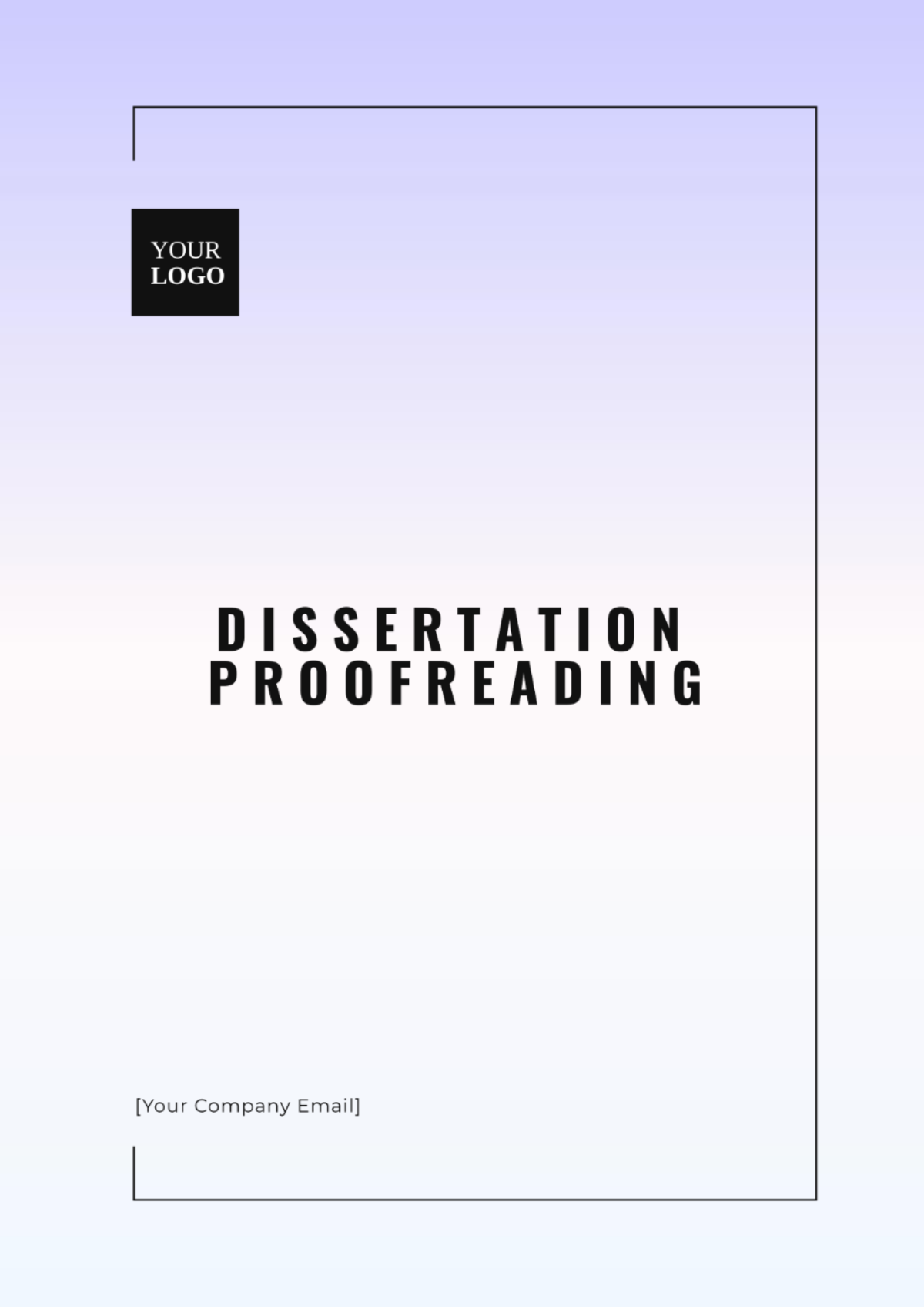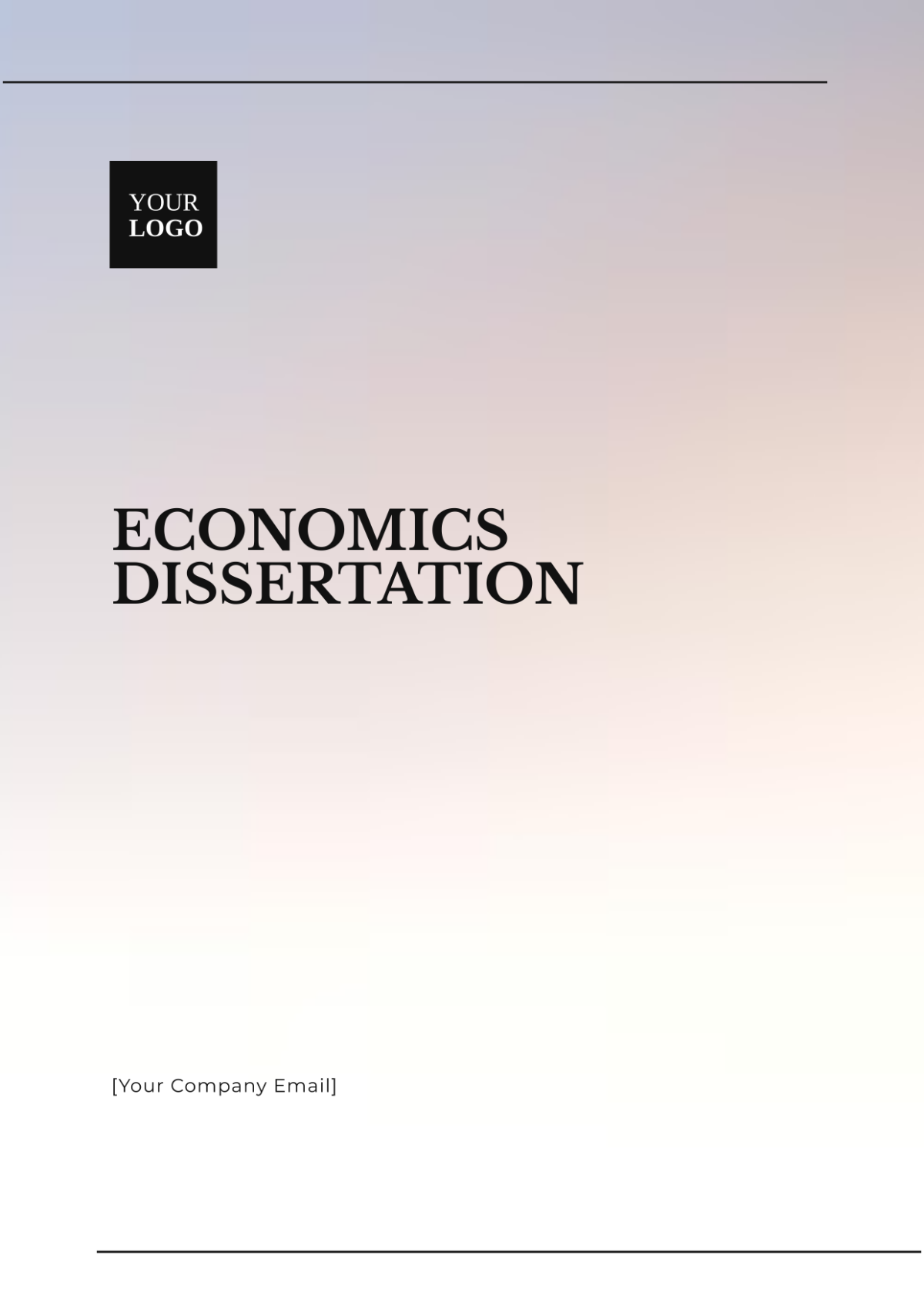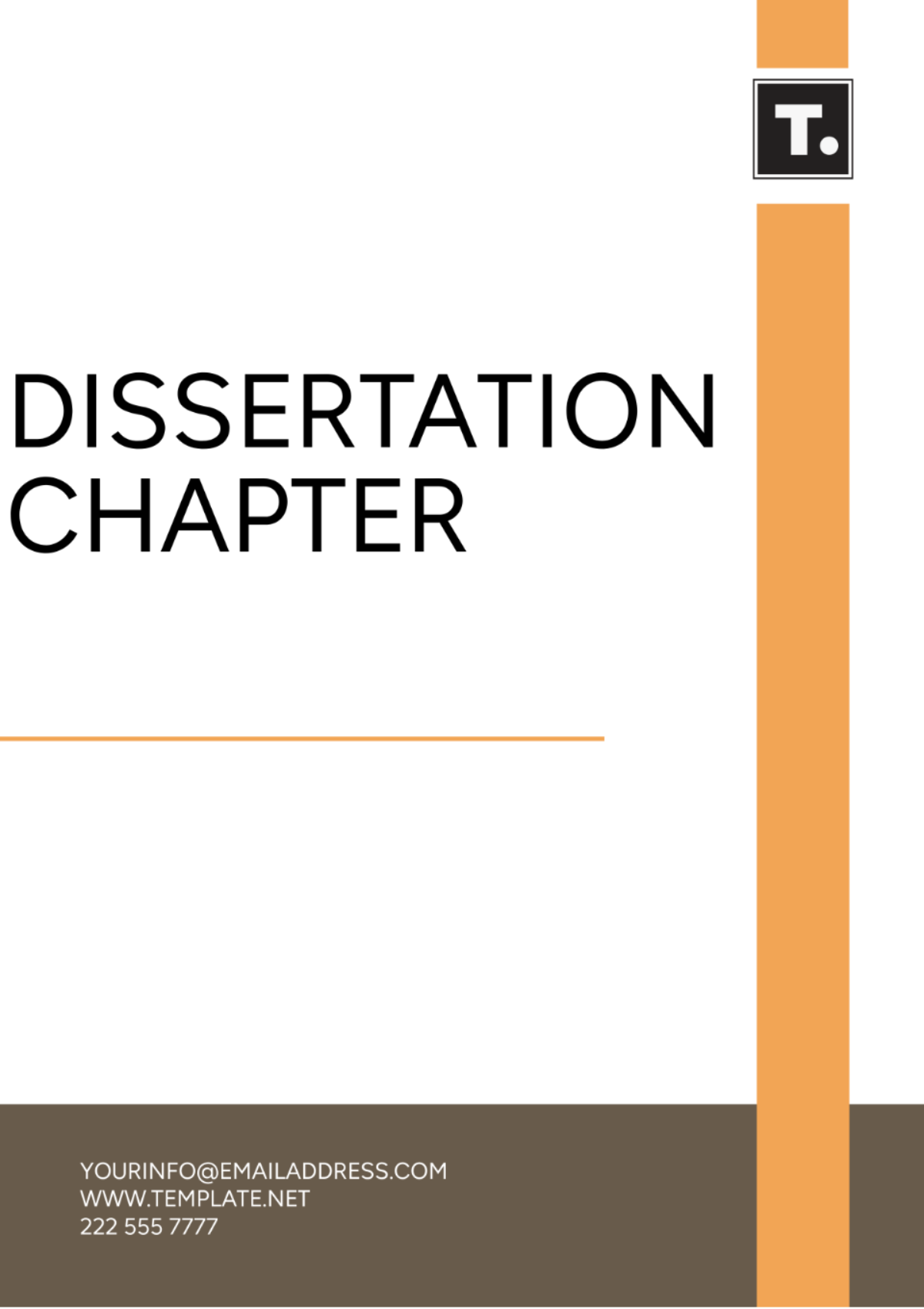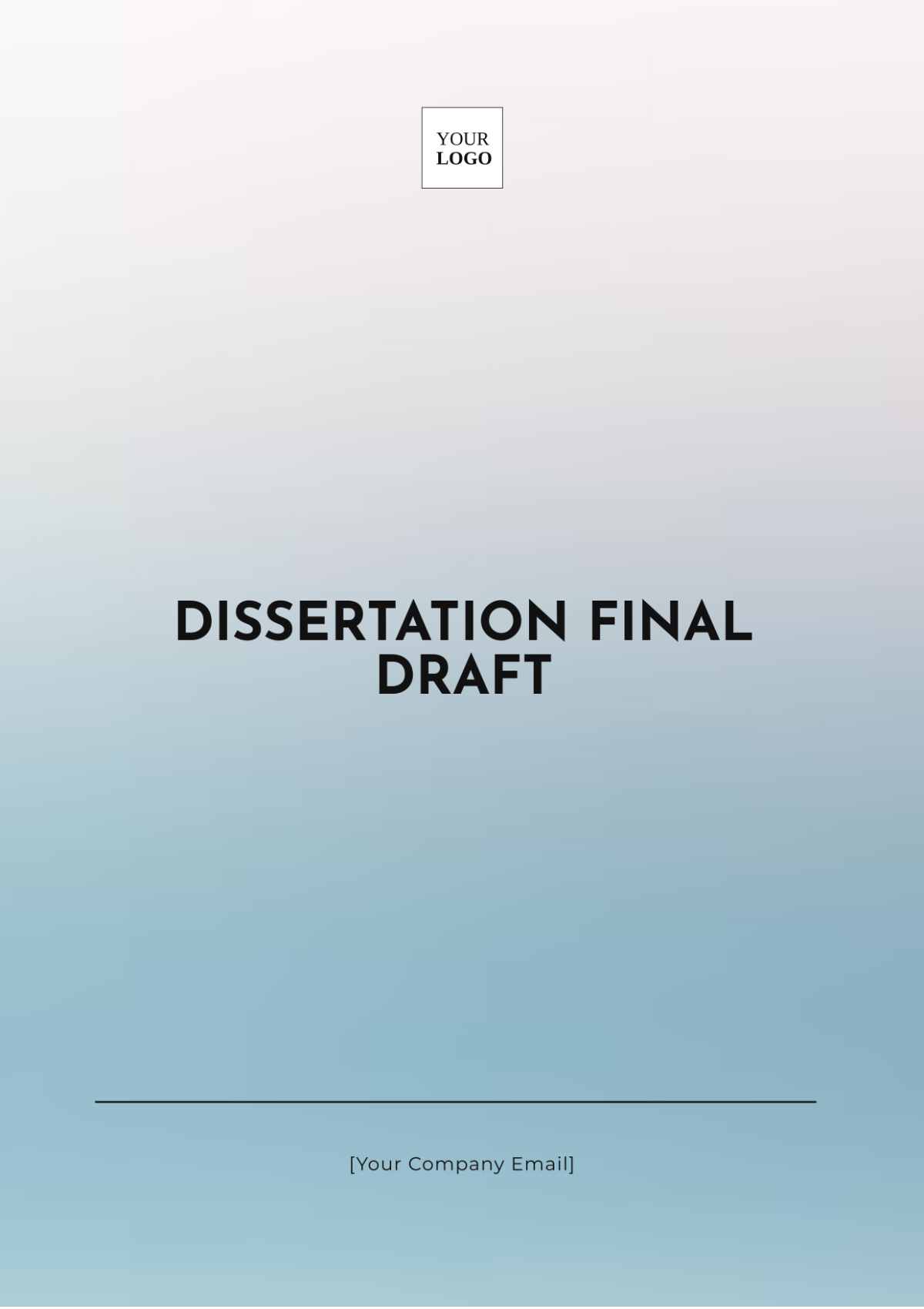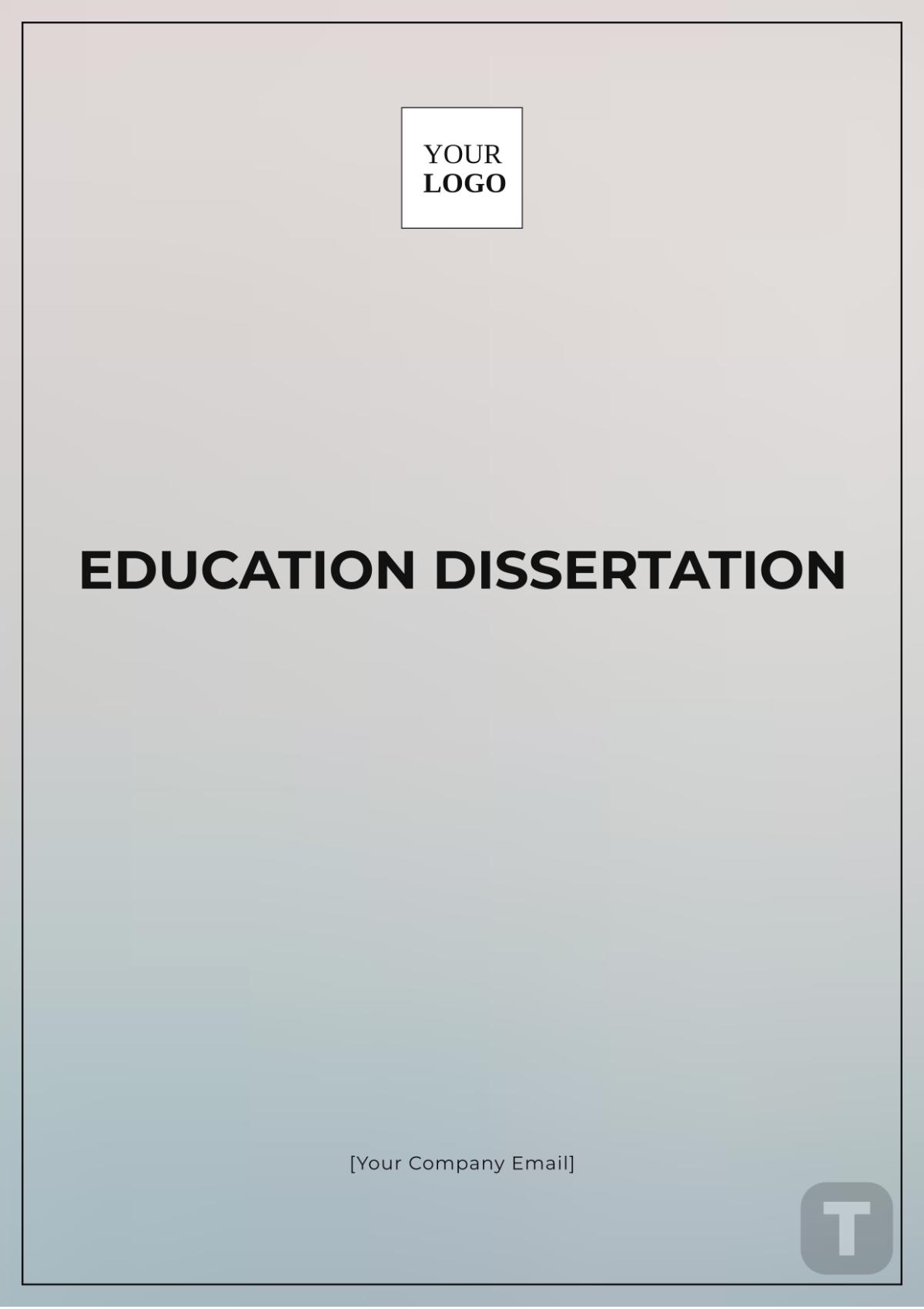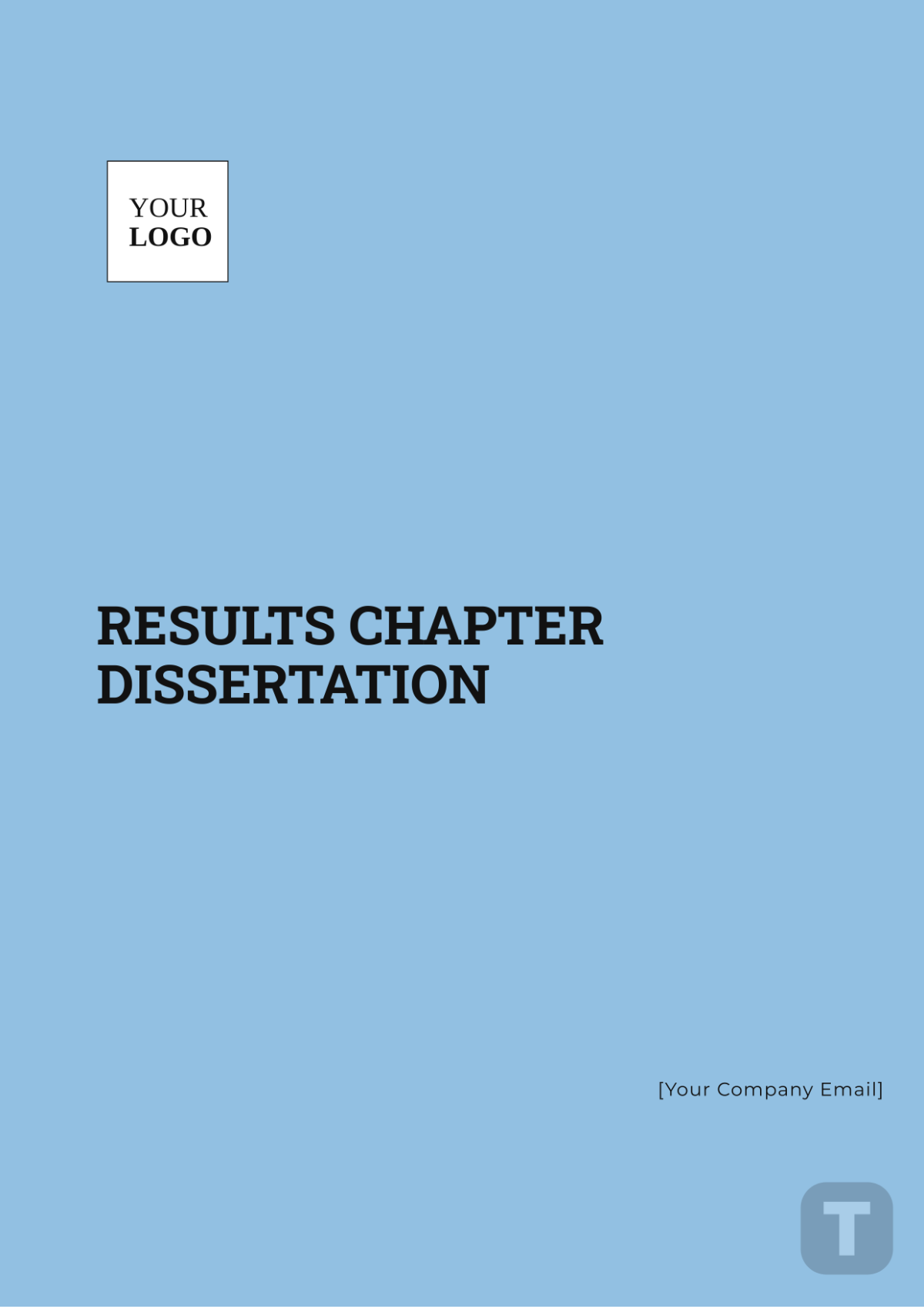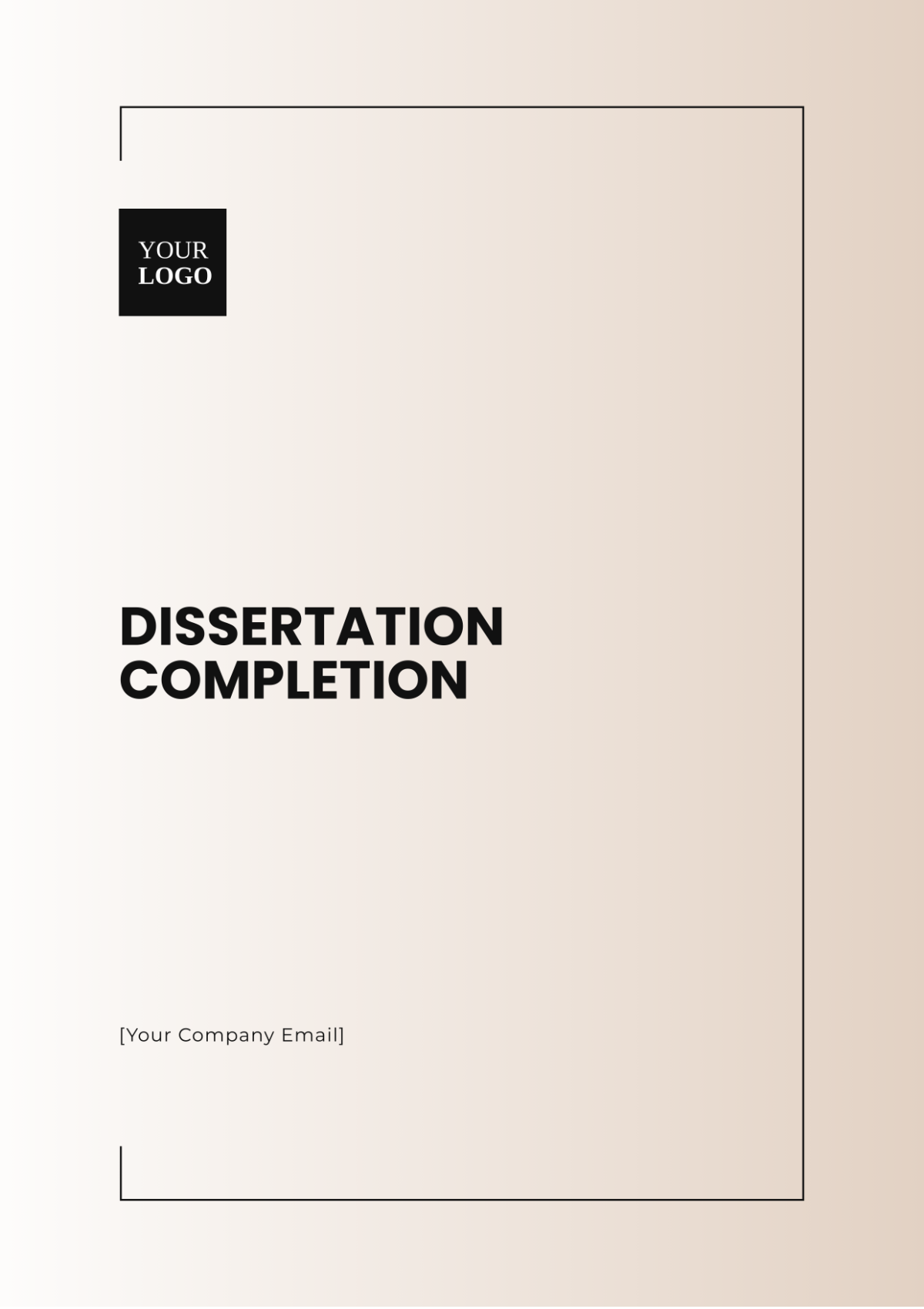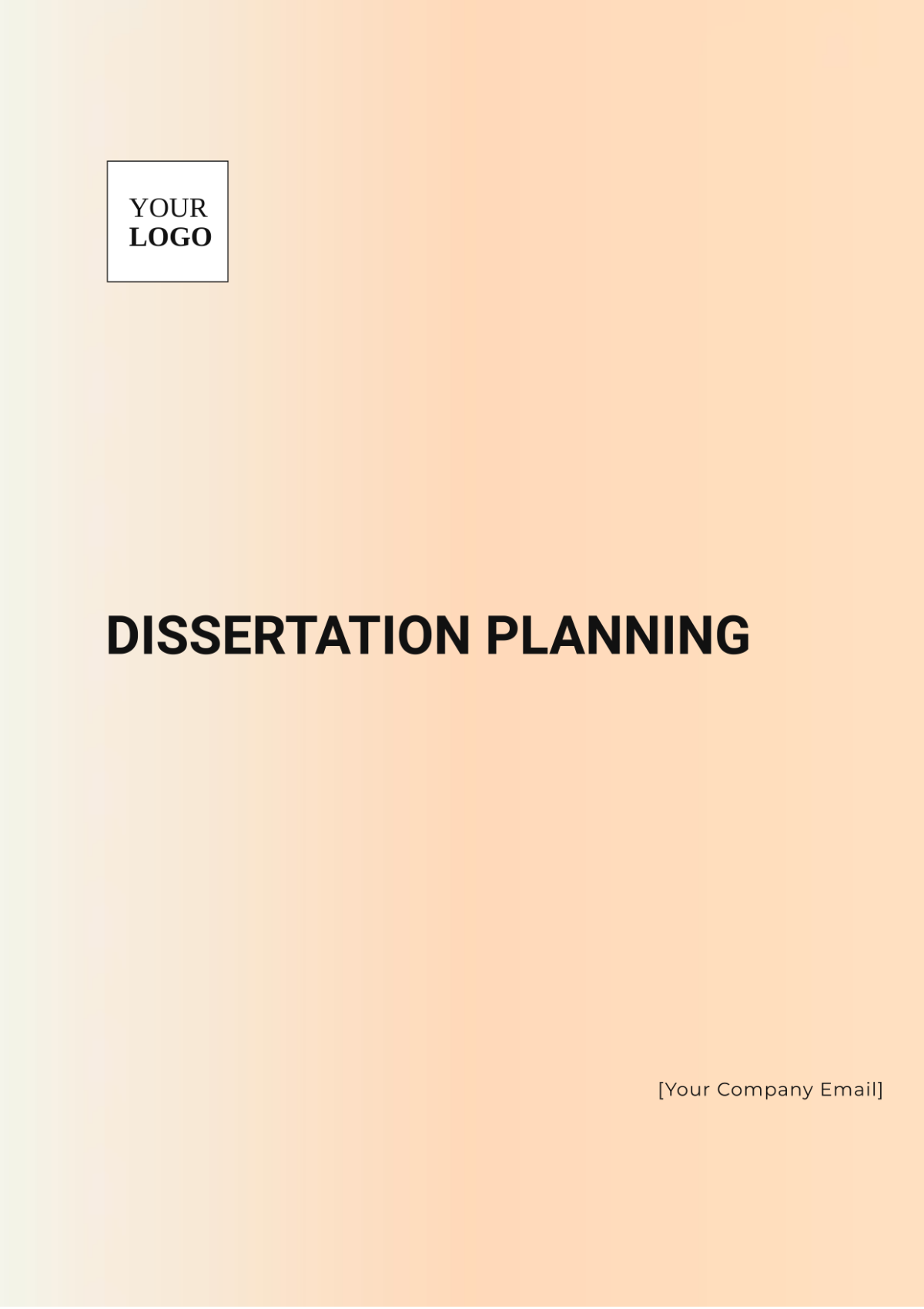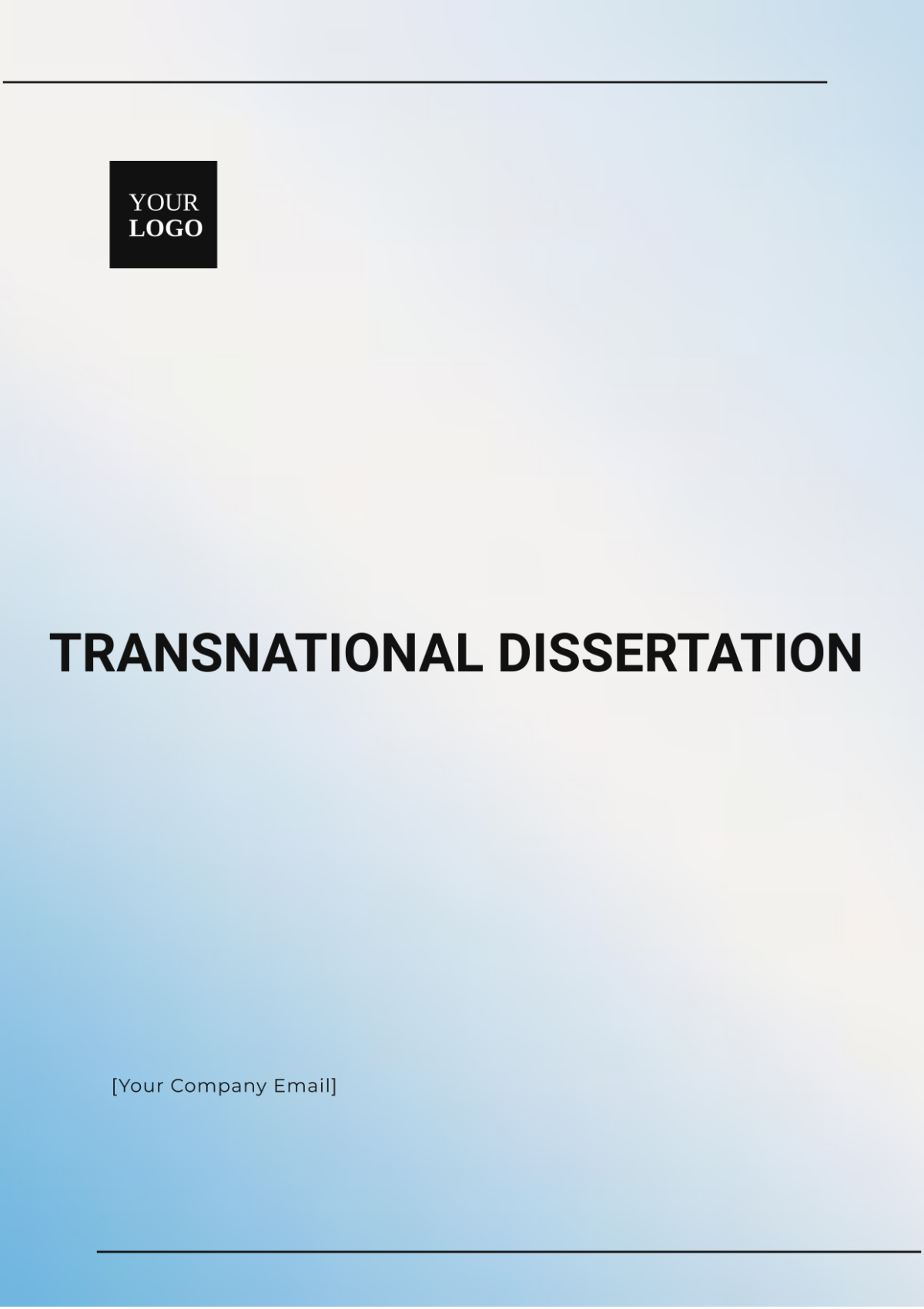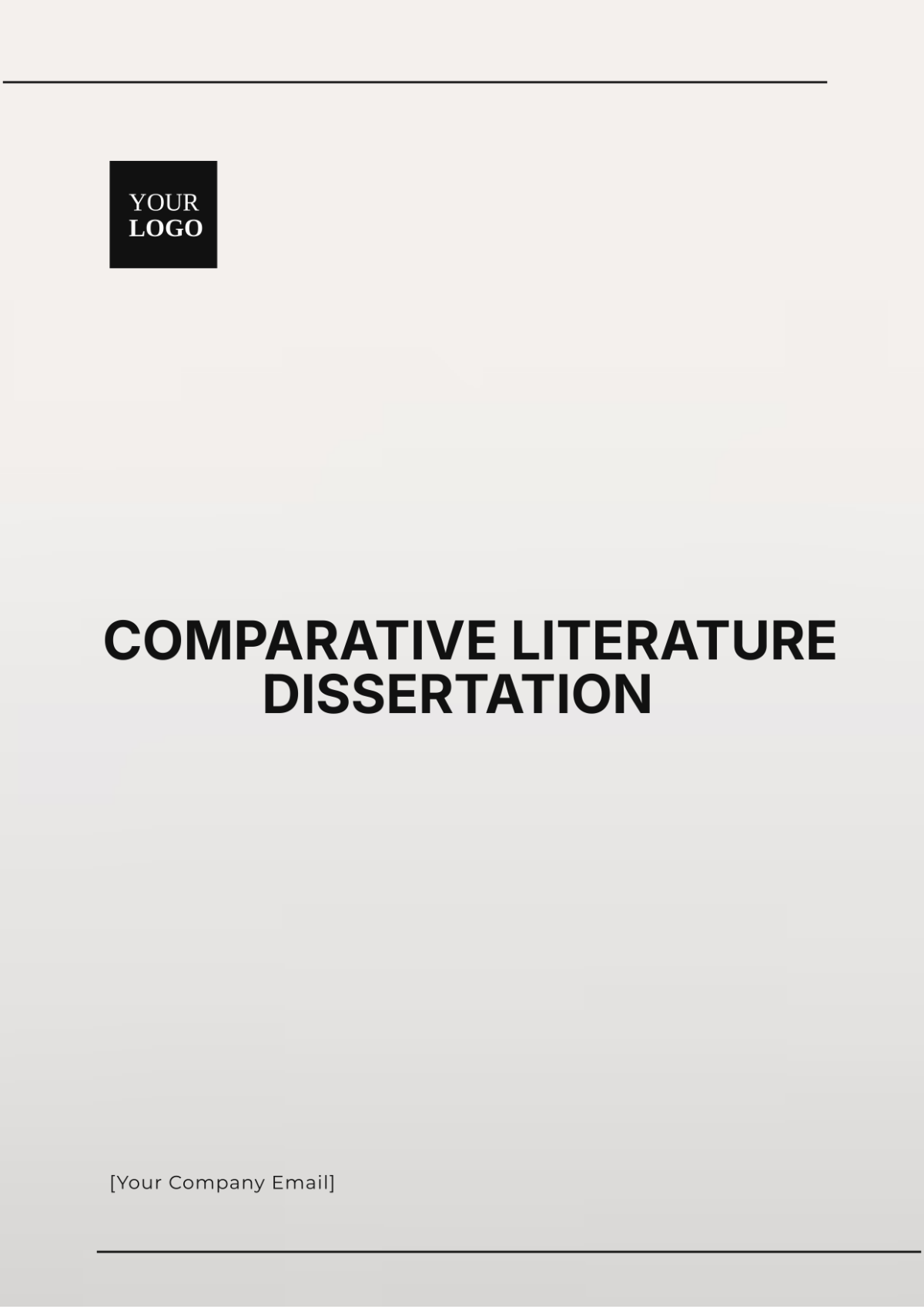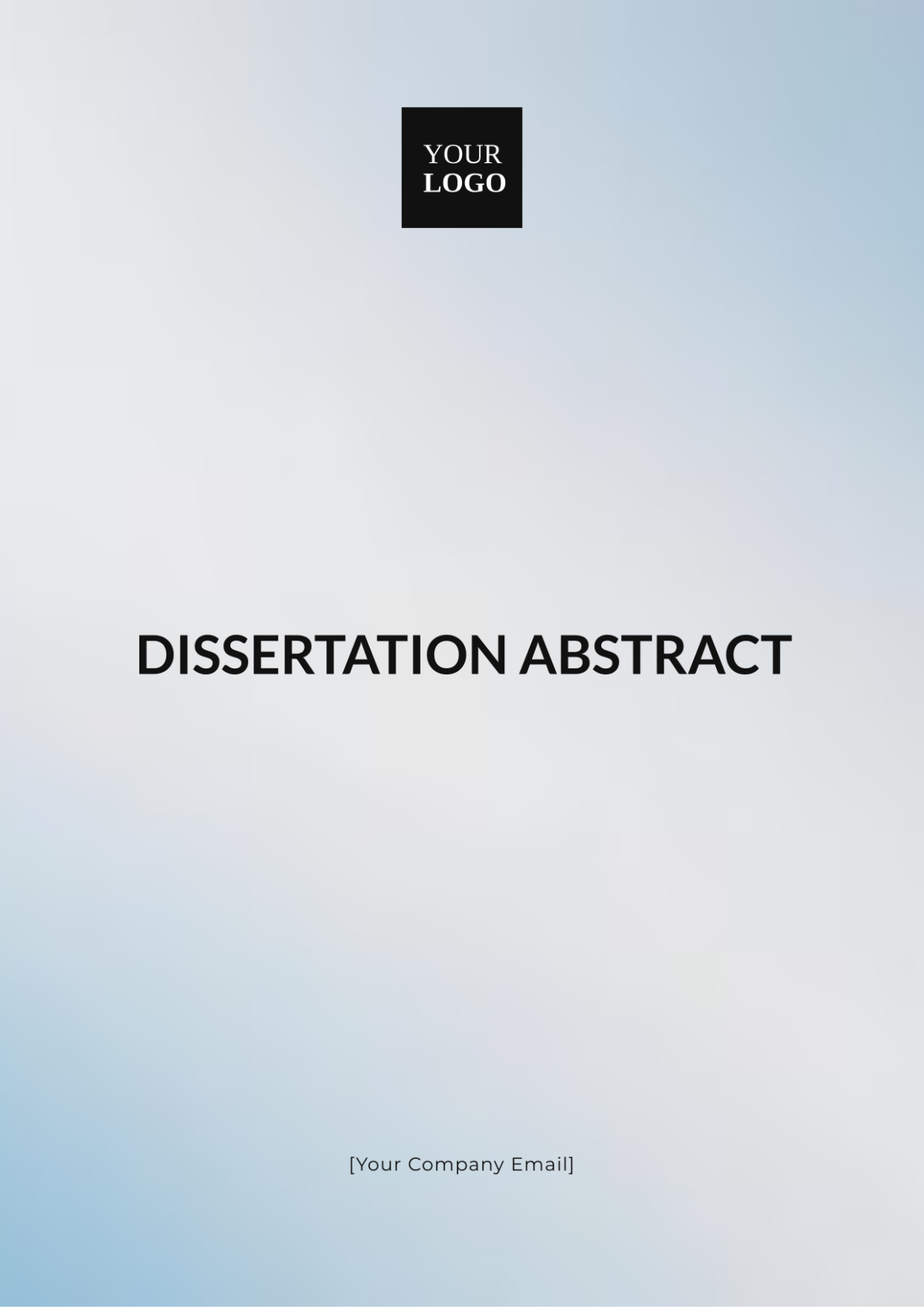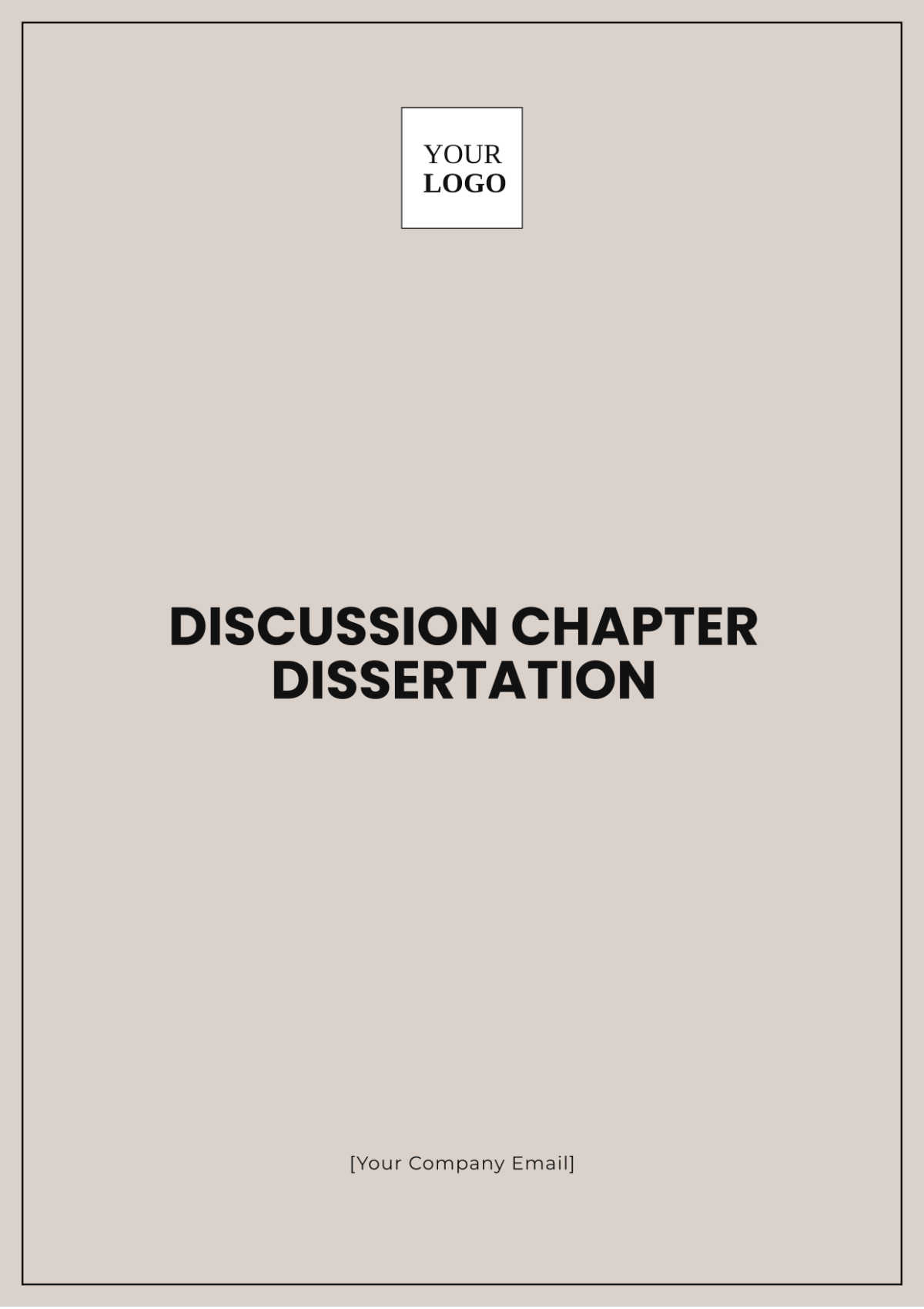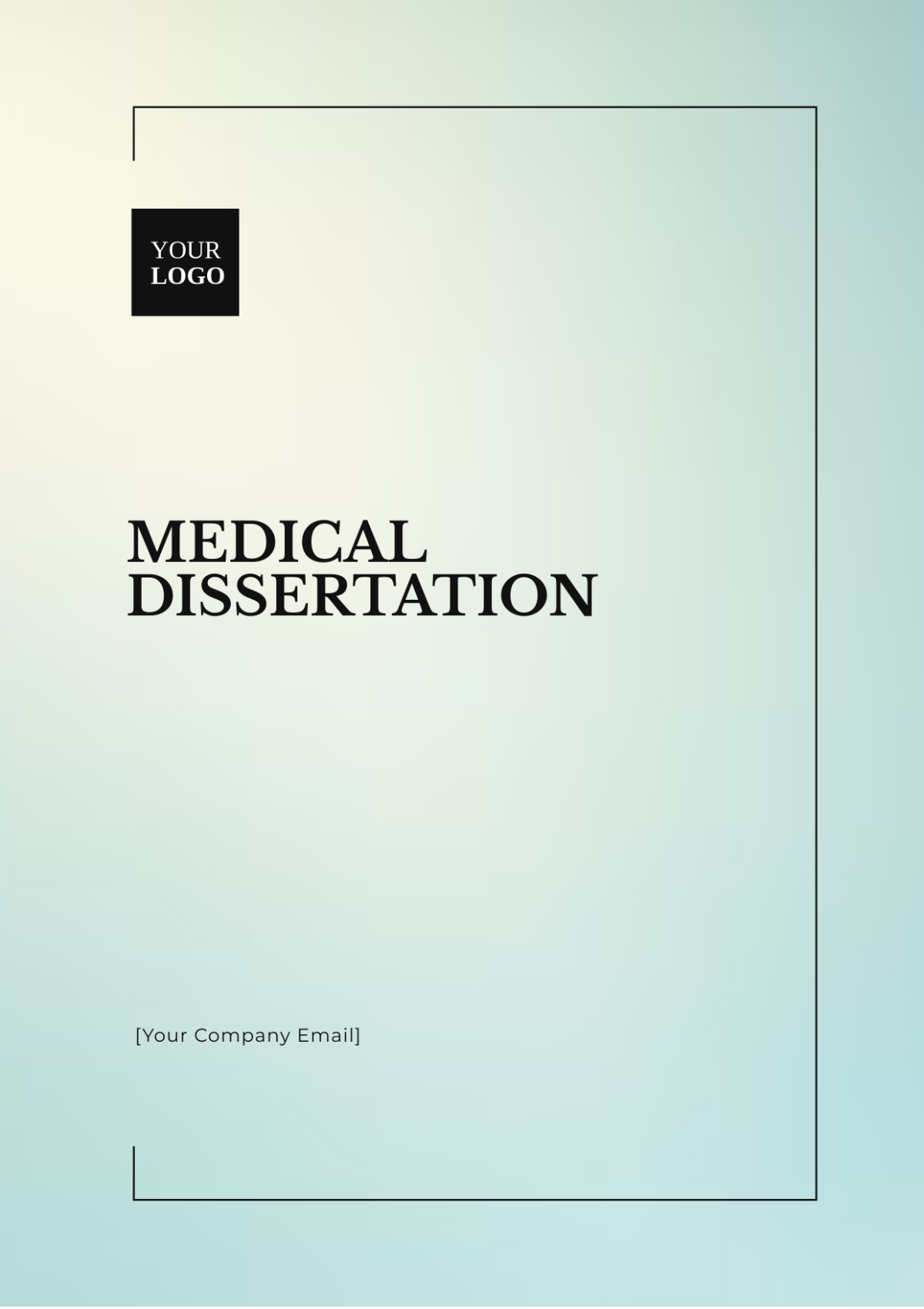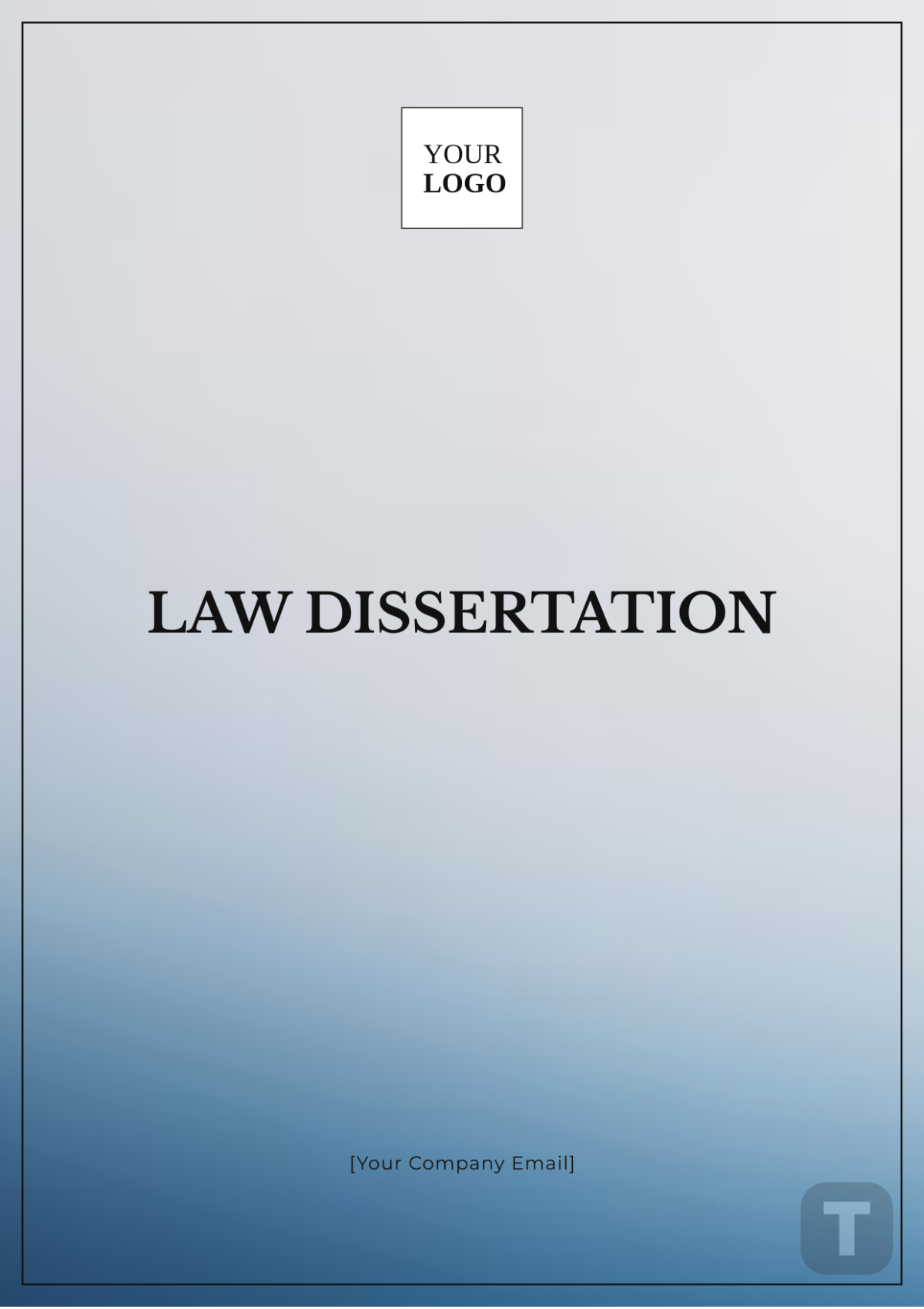Dissertation Writing
Prepared by: [Your Name]
Date: [Date]
I. Abstract
Dissertation writing represents a cornerstone of academic achievement in advanced education, particularly within doctoral and master’s programs. This document delves into the structured approach essential for crafting a dissertation, emphasizing the significance of meticulous research, thorough data analysis, and the generation of novel insights within a given field. The exploration covers various dissertation components, including an introduction to the topic, a comprehensive literature review, and a methodical approach to research design. The results and discussion sections elucidate key findings and their implications, leading to a well-rounded conclusion. This comprehensive examination underscores how dissertation writing fosters intellectual advancement and innovation in academic disciplines.
II. Introduction
Dissertation writing is a crucial element in higher education, serving as a substantial academic endeavor that reflects original research aimed at advancing the field of study. Crafting a dissertation involves rigorous planning, extensive research, and precise presentation of findings. This introduction provides an overview of the dissertation writing process, highlighting its role in contributing to academic and professional growth. It outlines the fundamental stages of dissertation development, from initial topic selection to final defense, emphasizing the process's impact on scholarly development and its role in enhancing professional expertise.
III. Literature Review
III.I Background
The literature review forms the foundation of a dissertation by examining existing research pertinent to the chosen topic. This section synthesizes previous studies, identifies gaps in current knowledge, and establishes the context for the proposed research. The review not only contextualizes the study but also justifies the need for new research.
III.II Key Studies and Theories
Key Studies and Theories | Description | Author(s) | Year |
|---|---|---|---|
Study A: Investigating the Impact of Dissertation Writing on Academic Achievement | Explores how dissertation writing influences students' academic success and career prospects. | Smith, J. | 2052 |
Study B: Effective Research Methodologies in Dissertation Composition | Assesses various methodologies and their effectiveness in dissertation writing. | Johnson, L. | 2053 |
Theory X: Framework for Analyzing Research Findings in Academic Work | Provides a basis for analyzing research results in academic writing. | Brown, K. | 2051 |
III.III Gaps in the Literature
While extensive research exists on dissertation writing, notable gaps remain, particularly regarding the integration of advanced research methodologies and interdisciplinary approaches. Identifying these gaps establishes a compelling rationale for the subsequent research presented in this dissertation. Future research should focus on innovative methodologies and their application across various academic disciplines.
IV. Methodology
IV.I Research Design
This dissertation employs a mixed-methods research design, integrating both quantitative and qualitative approaches to address the research questions comprehensively. The study combines statistical analysis with in-depth qualitative insights to provide a robust understanding of dissertation writing practices.
IV.II Data Collection Methods
Surveys: Administered to a representative sample of graduate students (N=500) to collect quantitative data on dissertation writing challenges and practices.
Interviews: Conducted with 30 academic advisors and dissertation committee members to gather qualitative insights on effective strategies and common pitfalls in dissertation writing.
IV.III Data Analysis Techniques
Quantitative data are analyzed using advanced statistical methods, including multiple regression analysis, to identify trends and correlations. Qualitative data are examined through thematic analysis using NVivo software, allowing for the identification of recurring themes and patterns. The combination of these methods ensures a comprehensive analysis of the research findings.
V. Results
V.I Quantitative Findings
The quantitative analysis reveals significant trends and insights into dissertation writing practices. Key findings include:
Challenge | Percentage of Students |
|---|---|
Time Management | 47% |
Access to Resources | 32% |
Writing Skills | 21% |
Effectiveness of Data Collection Methods: Surveys indicate that mixed-methods approaches yield more comprehensive insights than singular methods.
Average Duration of Dissertation Completion: On average, students complete their dissertations in 18 months, with variations depending on discipline and research complexity.
V.II Qualitative Insights
Interviews with academic advisors highlight the importance of clear research objectives, structured planning, and ongoing mentorship. Themes emerging from the interviews include the need for better institutional support and personalized guidance throughout the dissertation process.
VI. Discussion
The discussion section interprets the results, linking them to the existing literature reviewed earlier. It emphasizes how the findings enhance the understanding of effective dissertation writing strategies and the role of institutional support. The analysis demonstrates that targeted interventions can significantly improve dissertation outcomes and student satisfaction.
VI.I Connection to Theoretical Frameworks
The results align with Theory X, which emphasizes the importance of systematic analysis in academic research. The findings contribute to refining this framework and suggest modifications to better accommodate modern research practices.
VI.II Implications for Academic Policies
The study’s insights have implications for academic policies, including recommendations for enhancing dissertation support services and incorporating flexible research methodologies. Institutions should consider adopting these recommendations to better support students and improve research outcomes.
VI.III Recommendations for Future Research
Future research should explore the integration of emerging technologies in dissertation writing, such as AI-driven tools for data analysis and writing assistance. Additionally, interdisciplinary approaches should be examined to enhance the applicability and impact of dissertation research.
VII. Conclusion
In conclusion, this dissertation provides a detailed examination of the dissertation writing process, offering insights into effective practices and highlighting areas for further research. By addressing identified gaps and promoting evidence-based strategies, this work contributes to advancing academic scholarship and improving research methodologies.
VIII. References
Smith, J. (2052). Investigating the Impact of Dissertation Writing on Academic Achievement. Journal of Academic Research, 22(3), 145-160.
Johnson, L. (2053). Effective Research Methodologies in Dissertation Composition. Research Methods Review, 18(2), 78-95.
Brown, K. (2051). Framework for Analyzing Research Findings in Academic Work. Academic Theory Quarterly, 12(4), 102-115.
IX. Appendices
Appendix A: Survey Questionnaire
The survey used to collect quantitative data is included in this appendix, providing the questions and response options utilized.
Appendix B: Interview Guide
A detailed guide for conducting interviews with academic advisors and committee members is provided, outlining the key questions and topics covered during the interviews.
